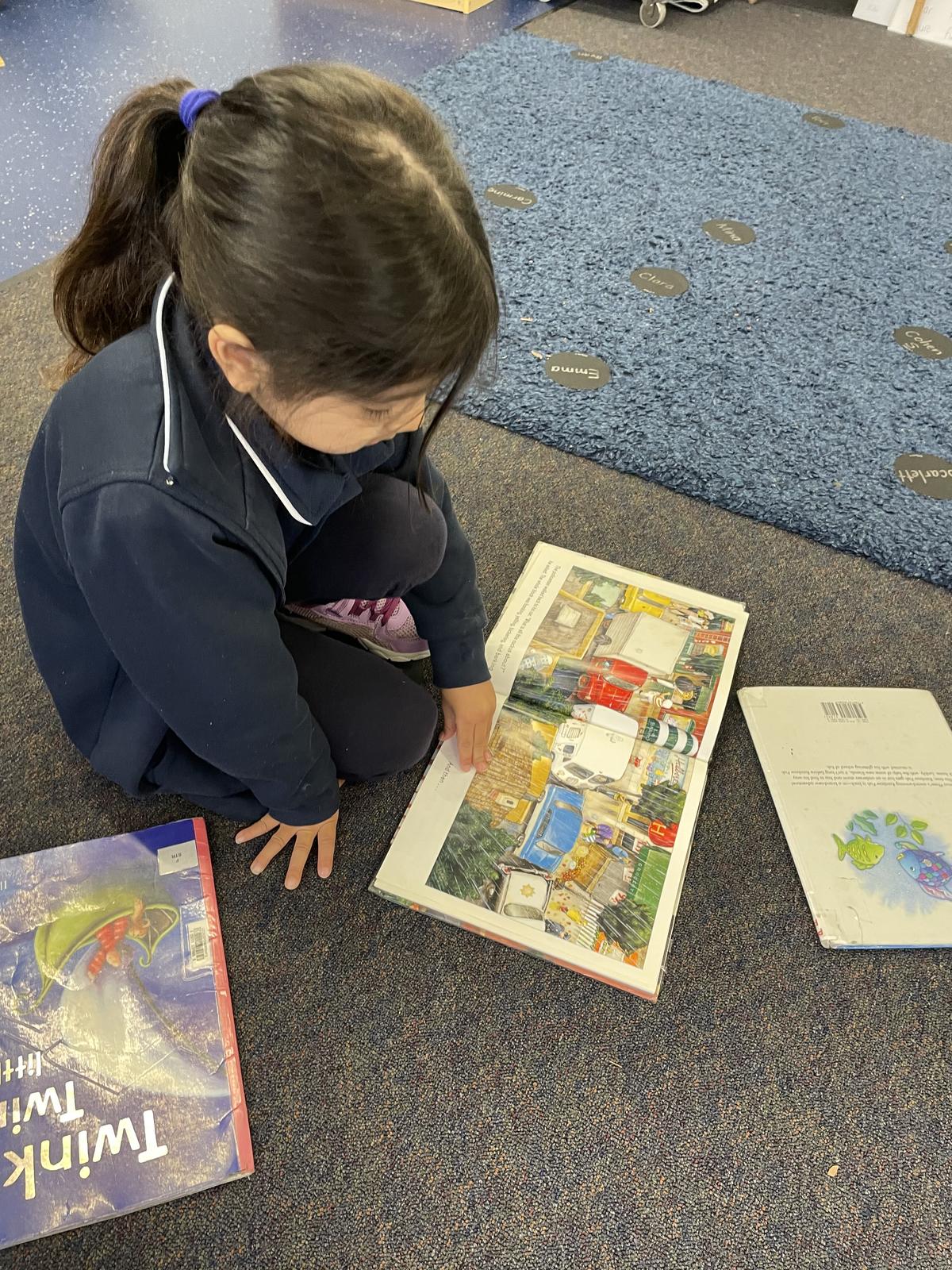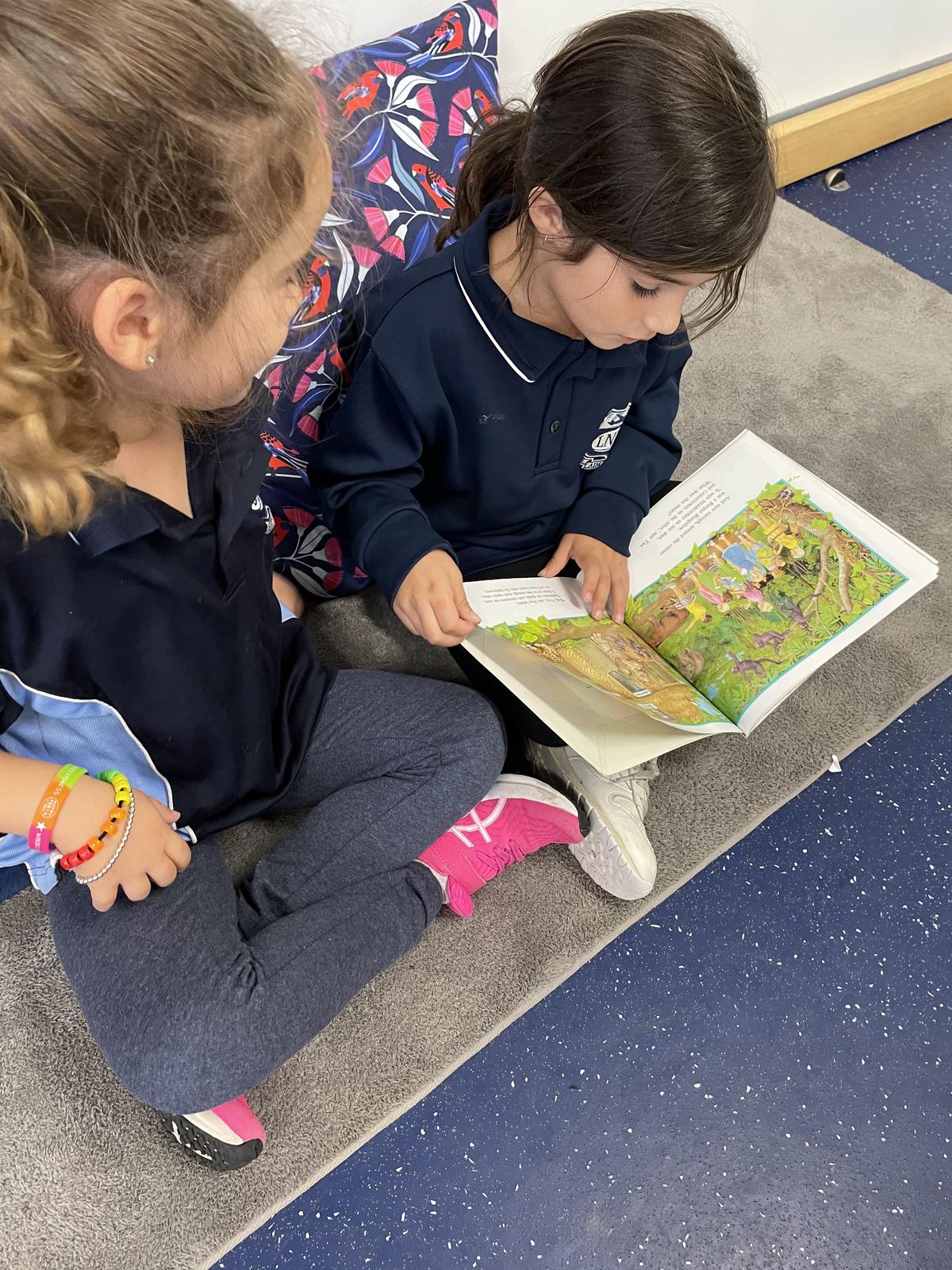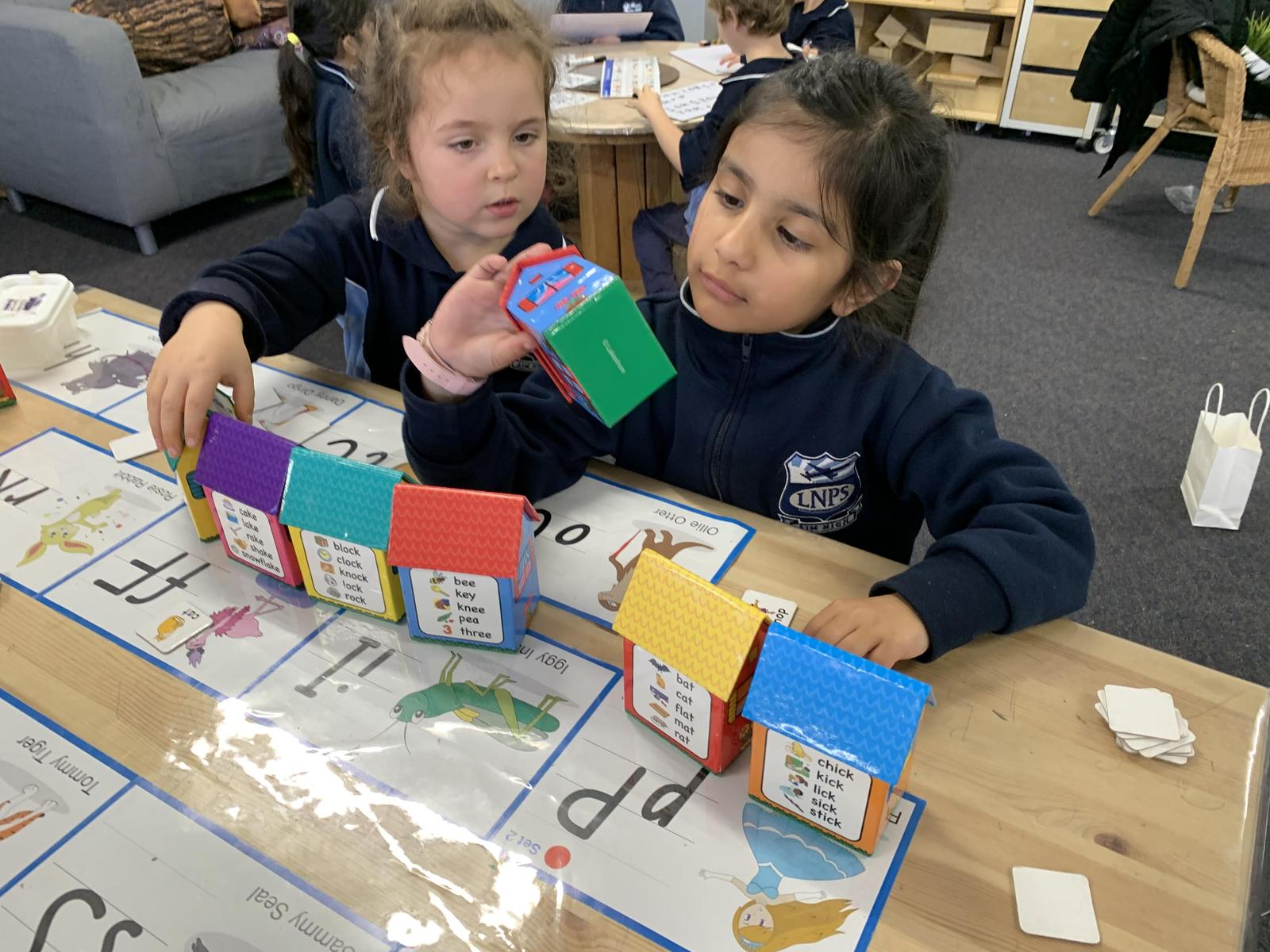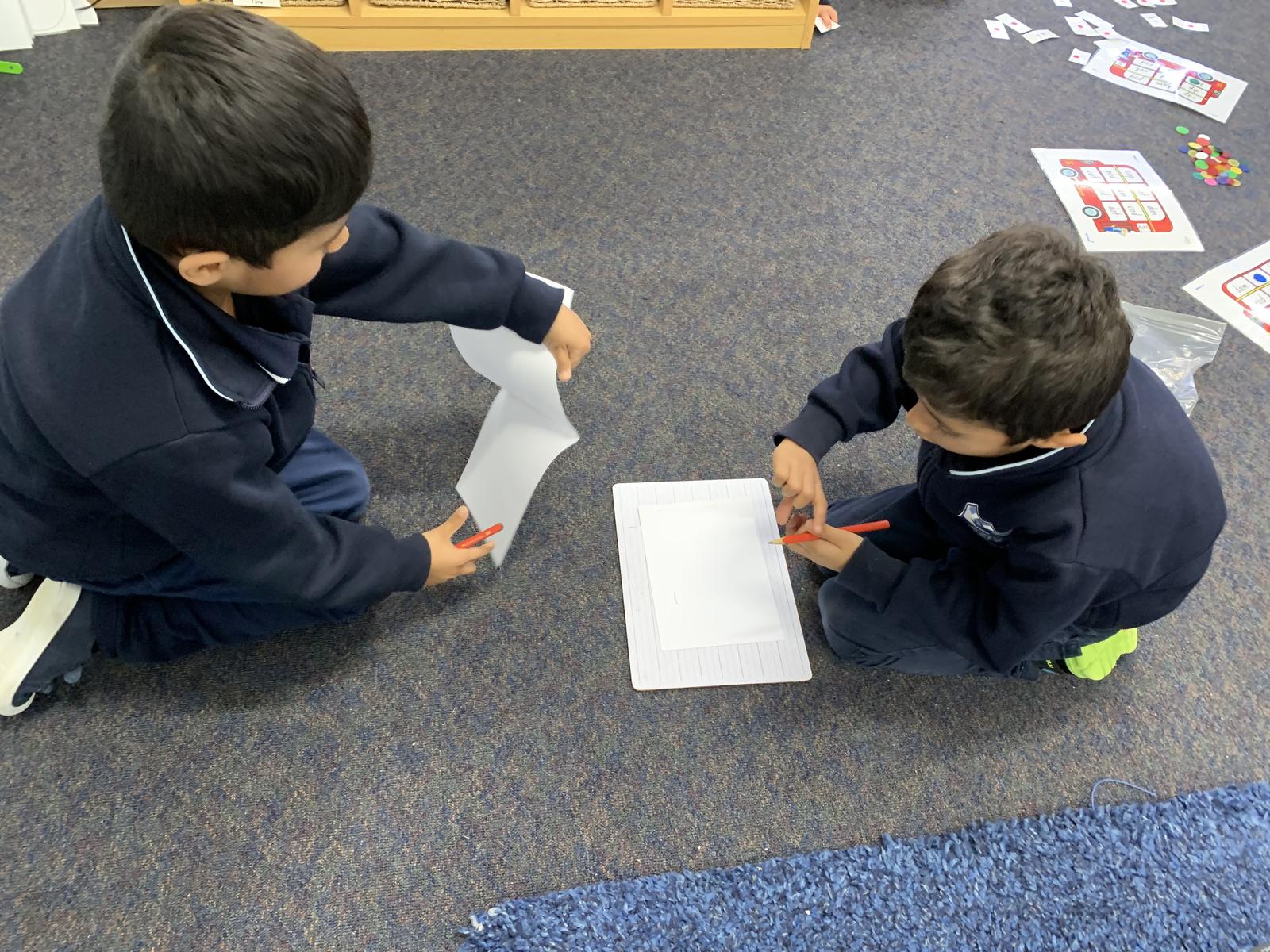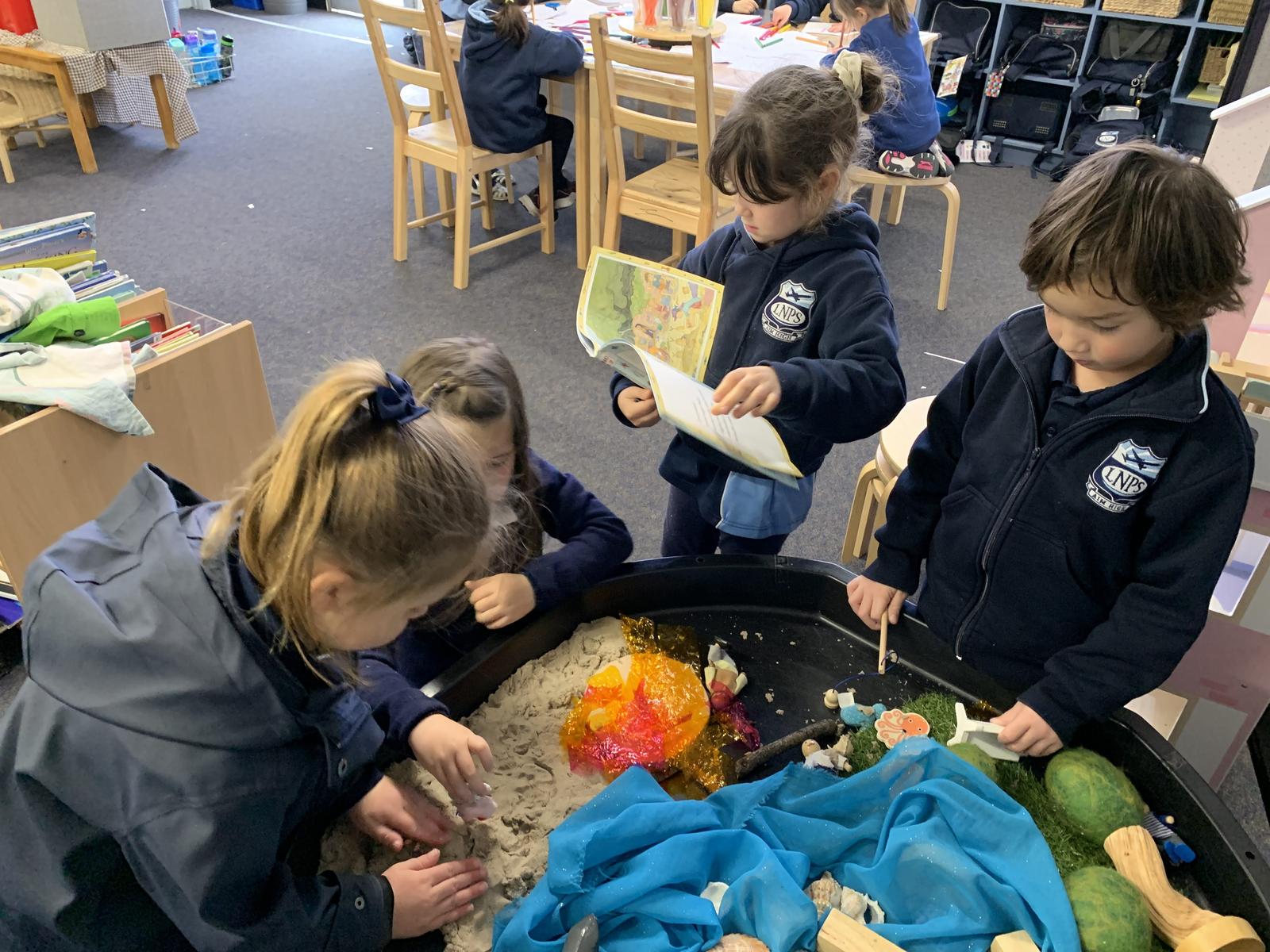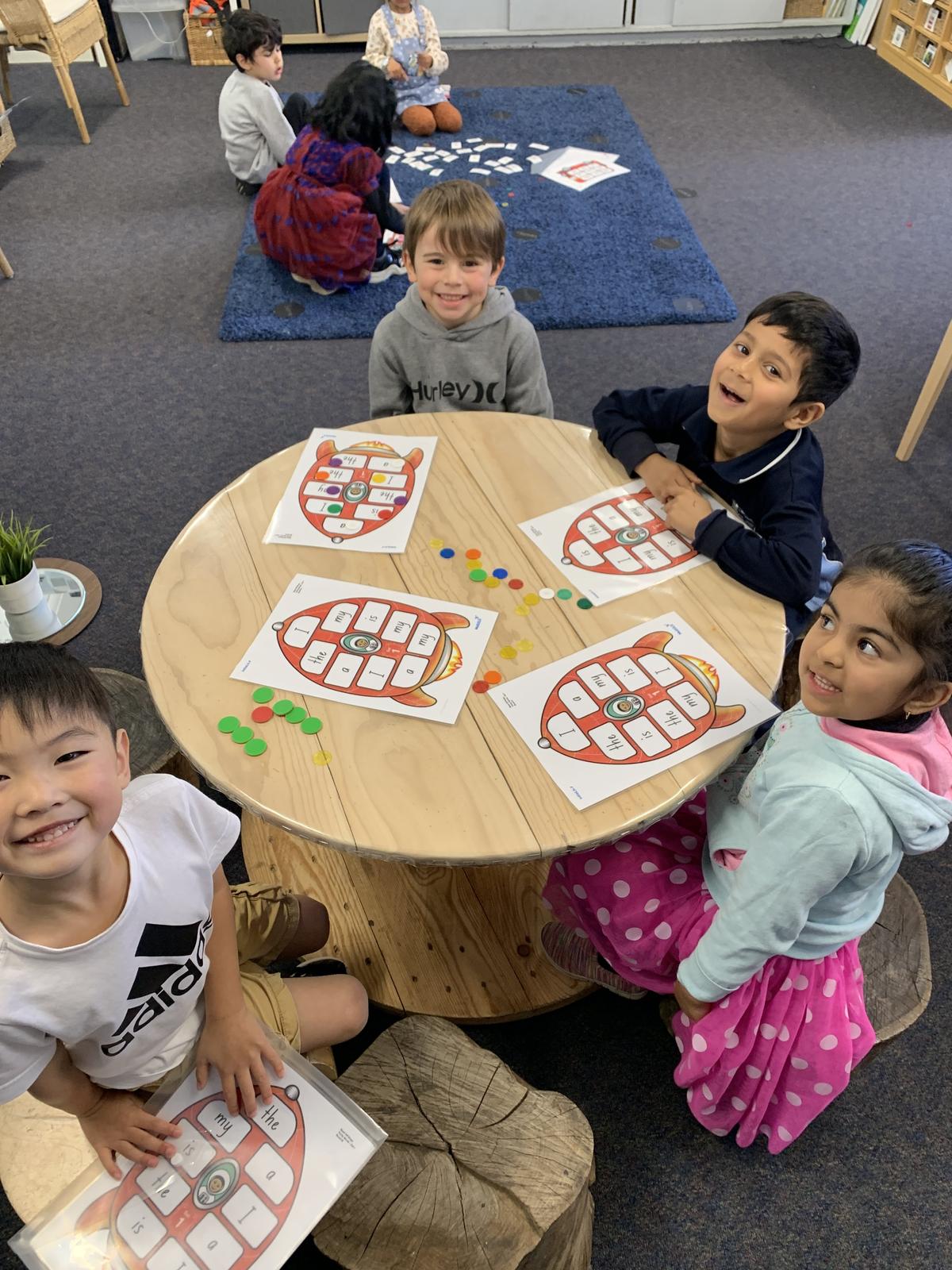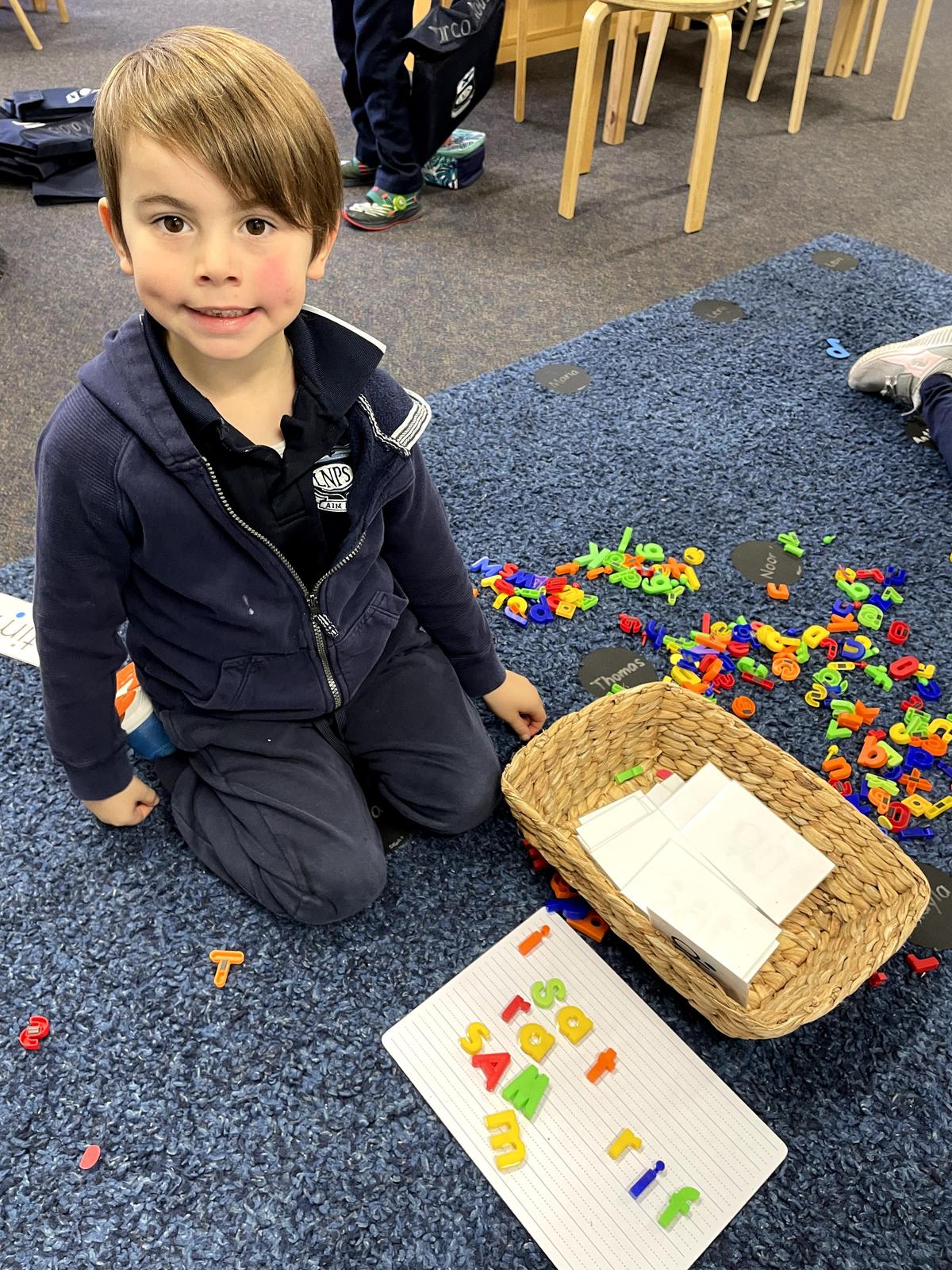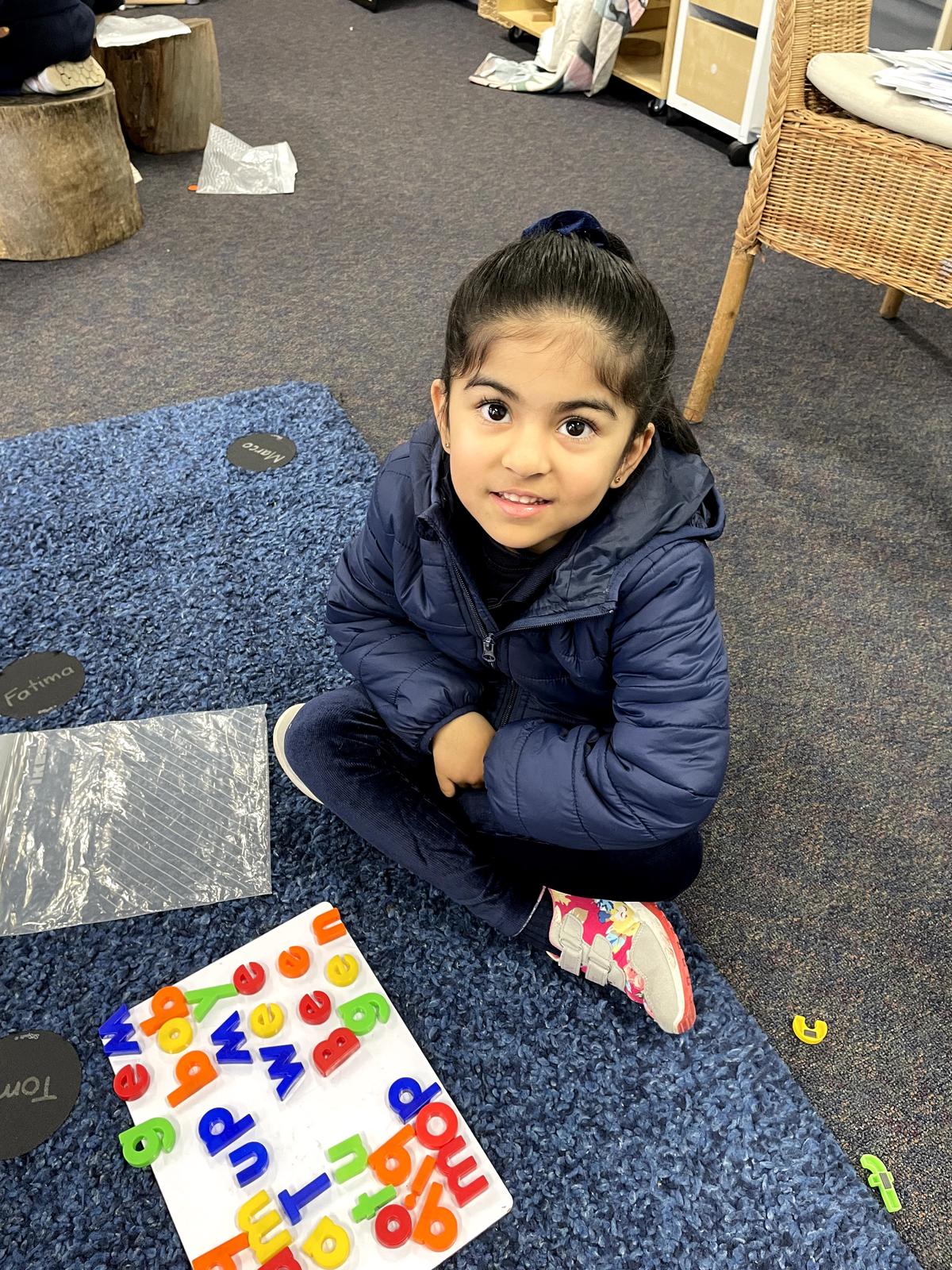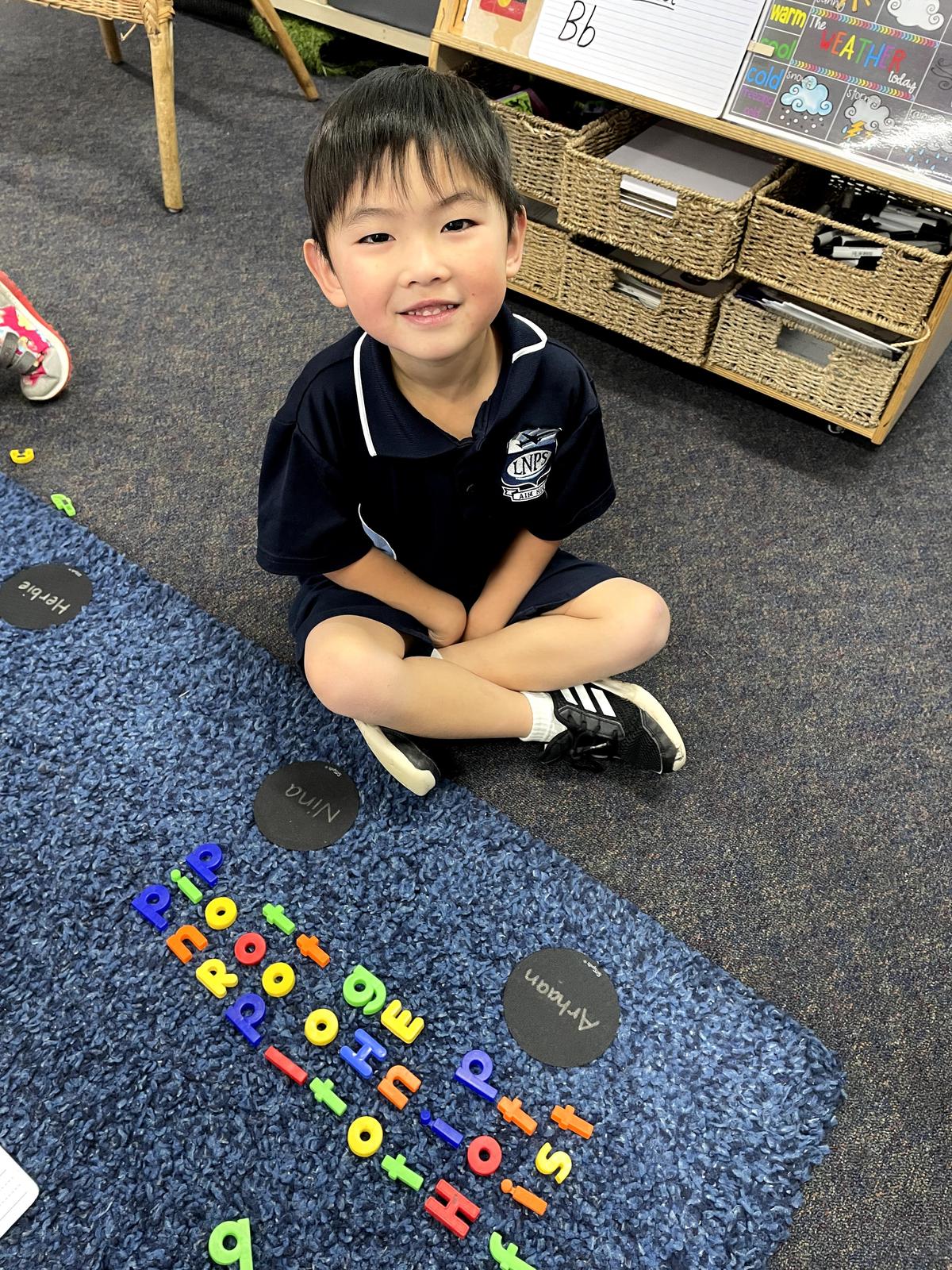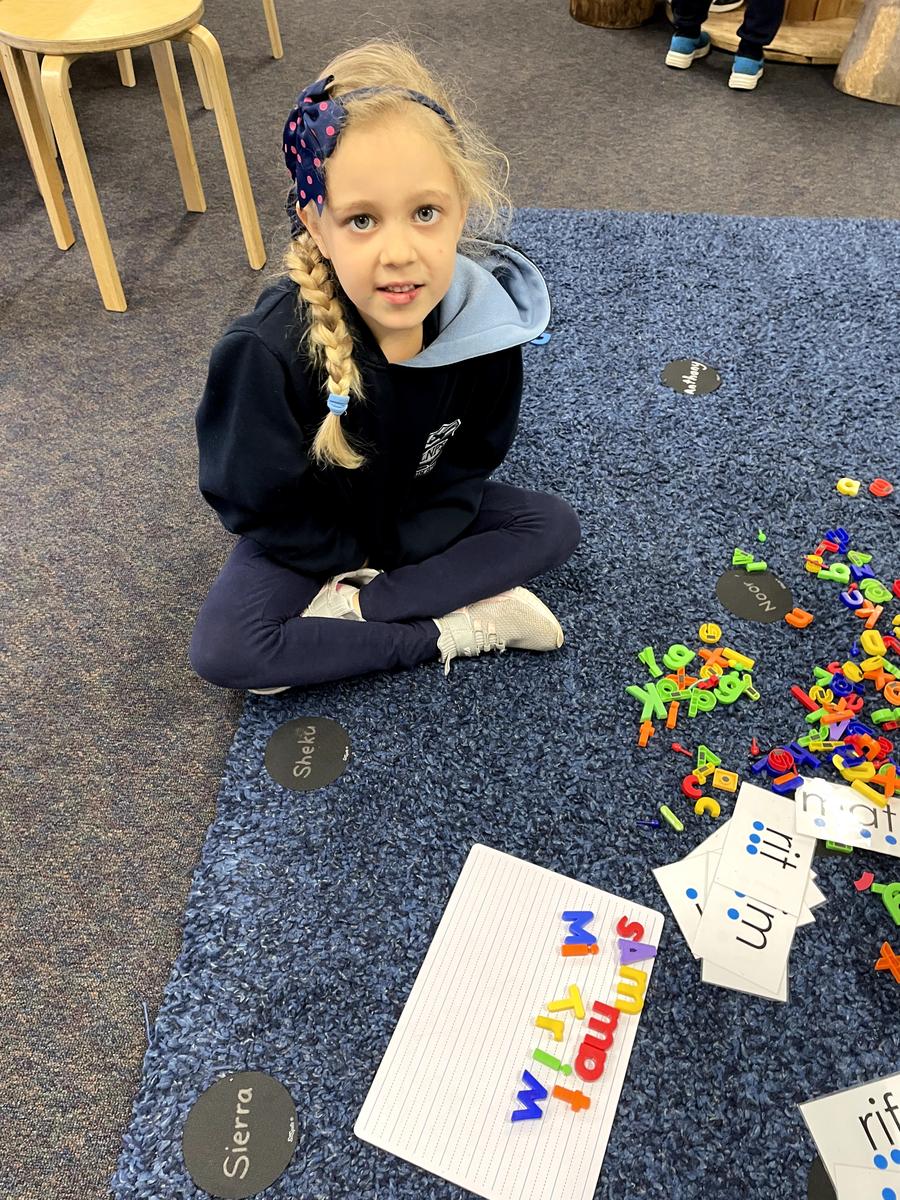English
We are authors and when I am writing I say "I can do it!"
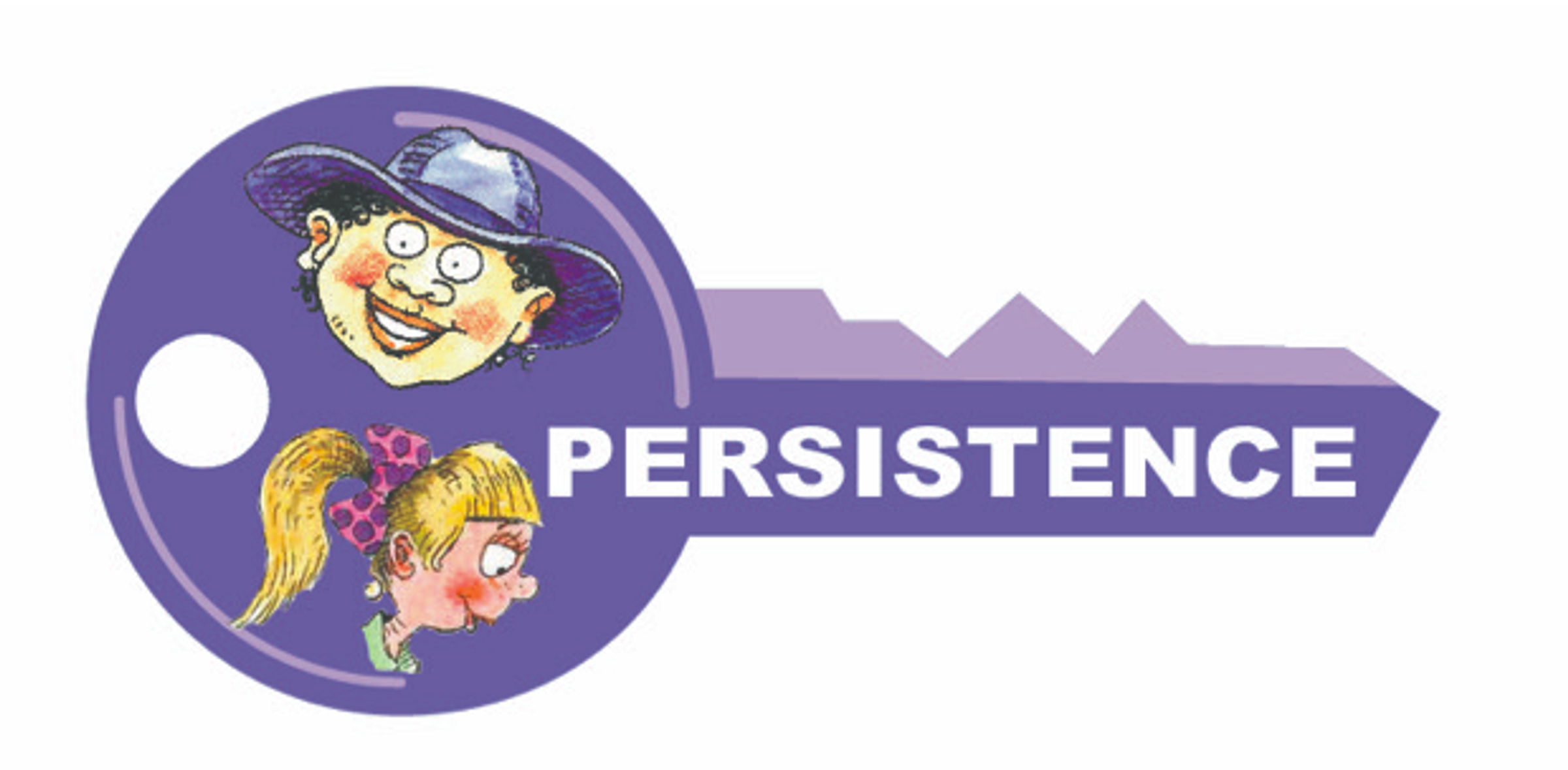
English
We are authors and when I am writing I say "I can do it!"
The InitiaLit literacy program introduced at LNPS during 2020 has met high expectations and the results are showing improved outcomes in student’s reading abilities. The program forms a significant part of the English program and incorporates phonics, reading, handwriting and children's literature study.
By the end of the year, children will have an understanding of the following:
By the end of the year, children will be able to:
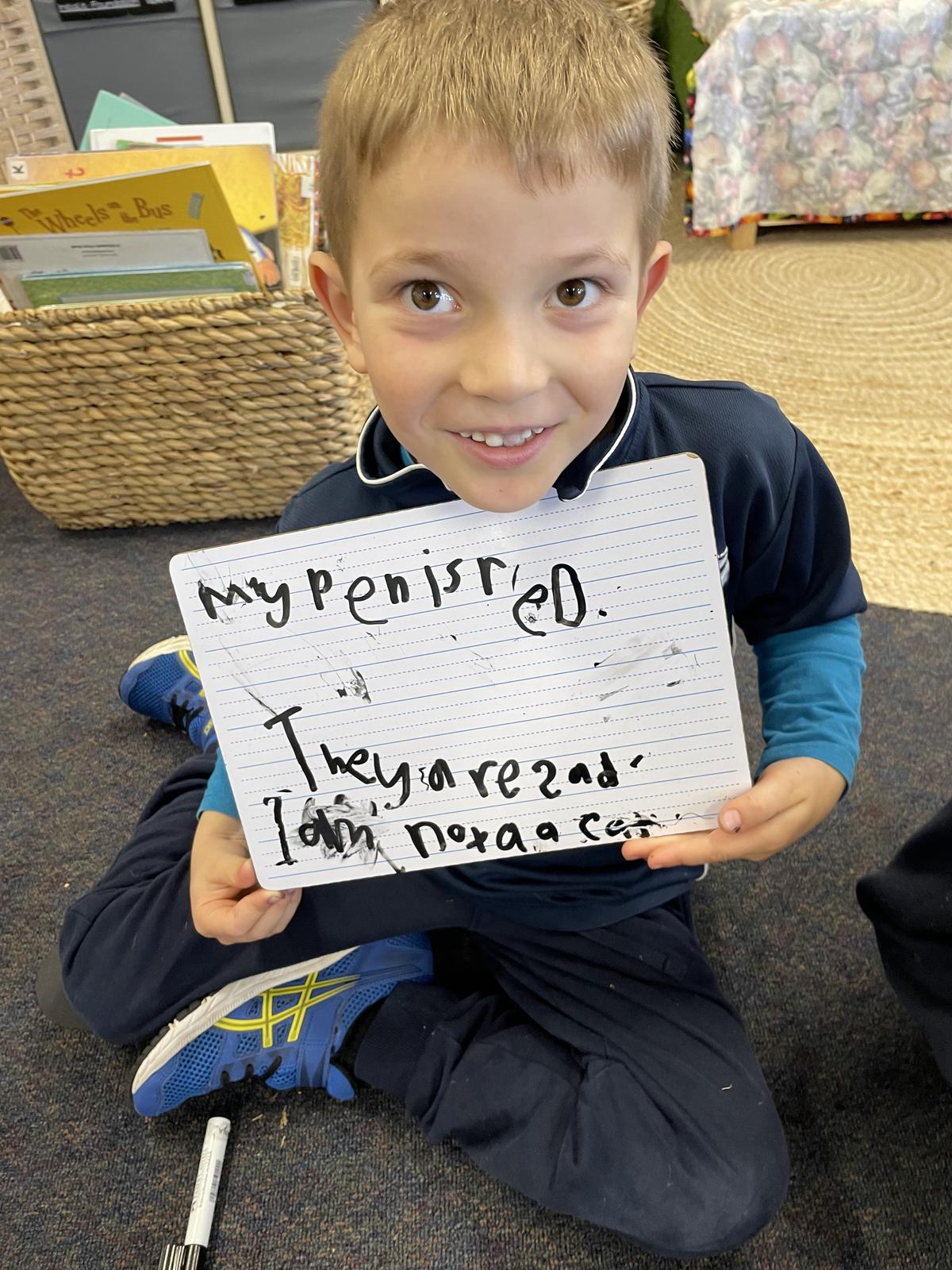
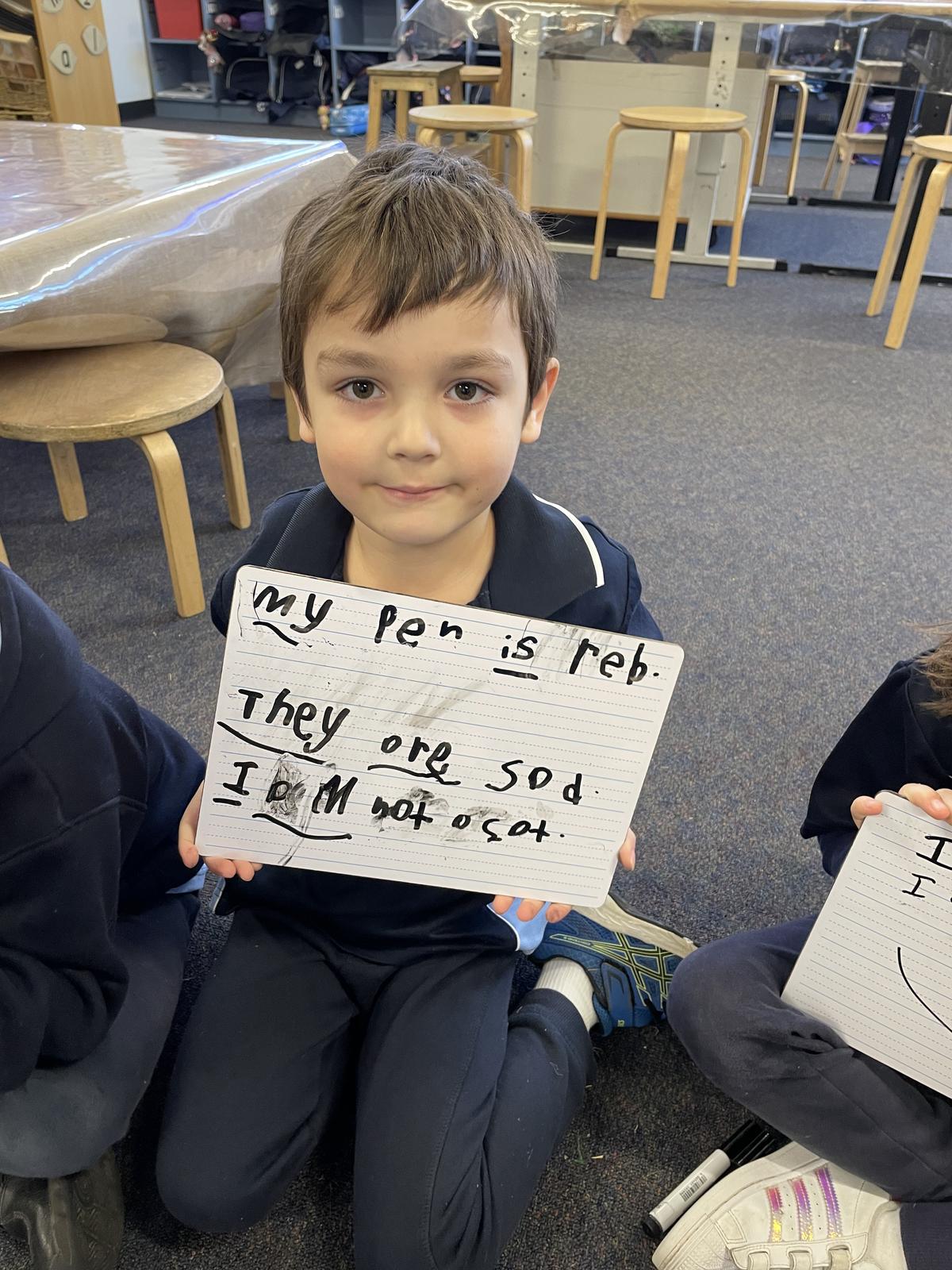
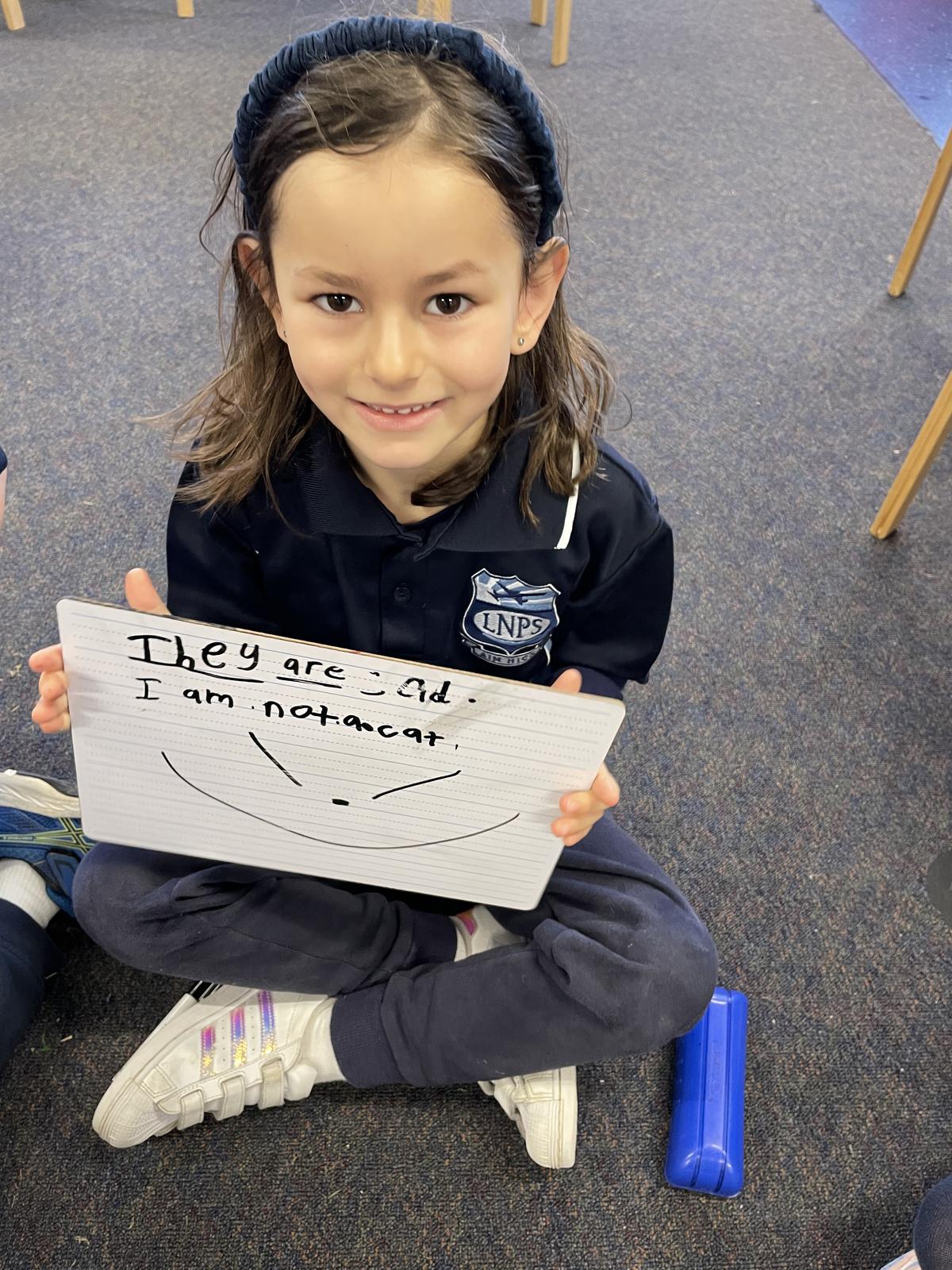
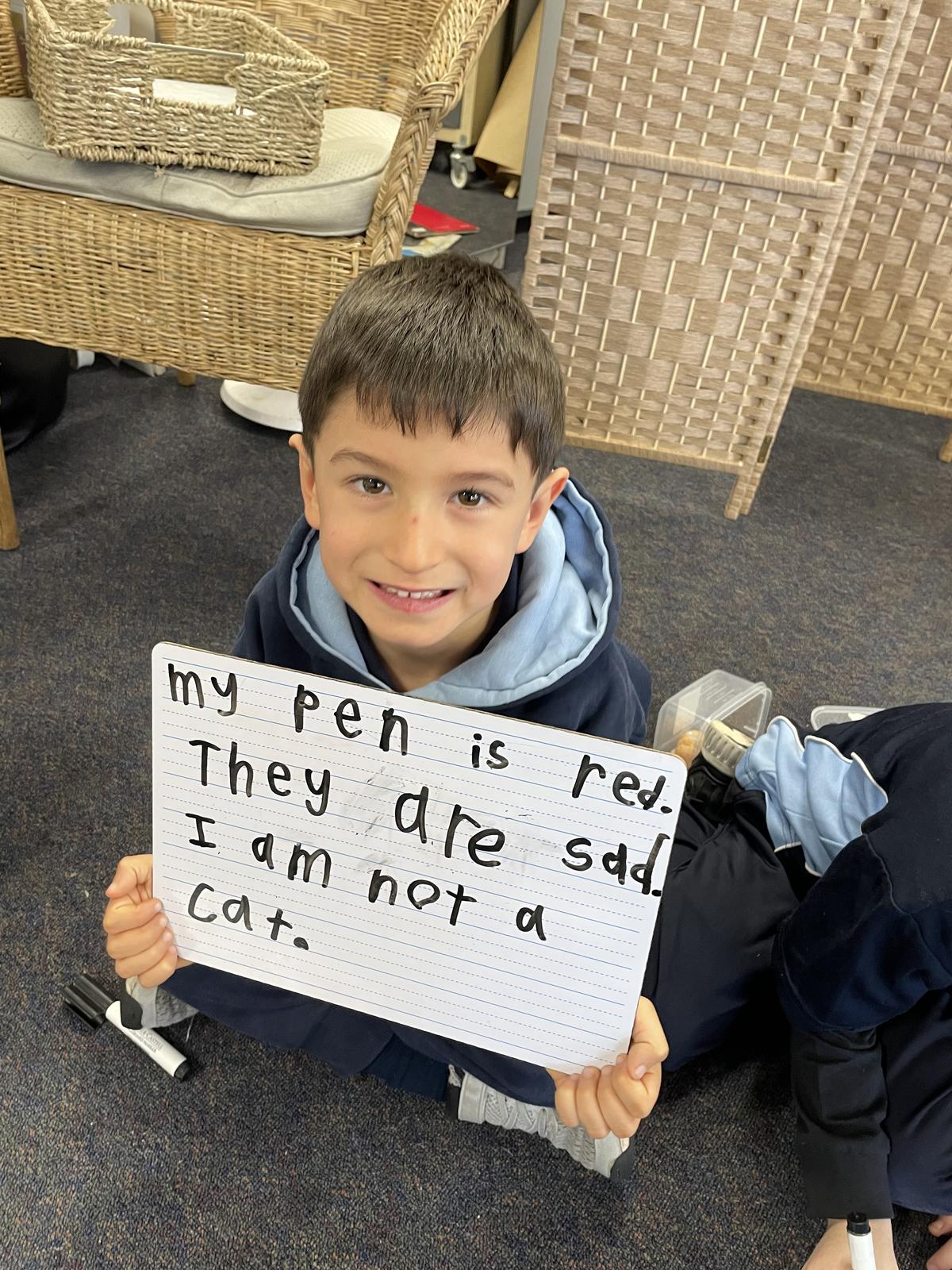
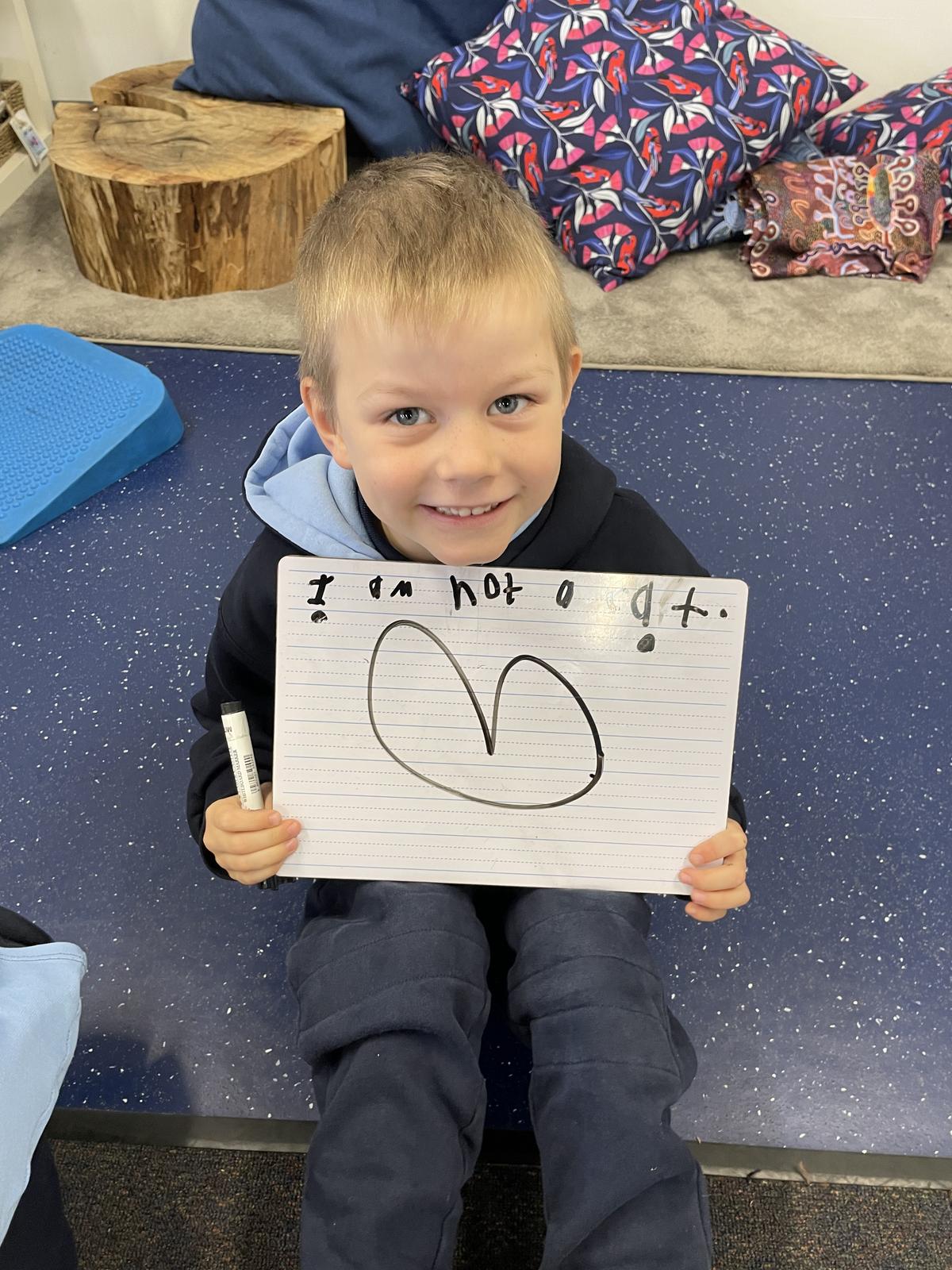
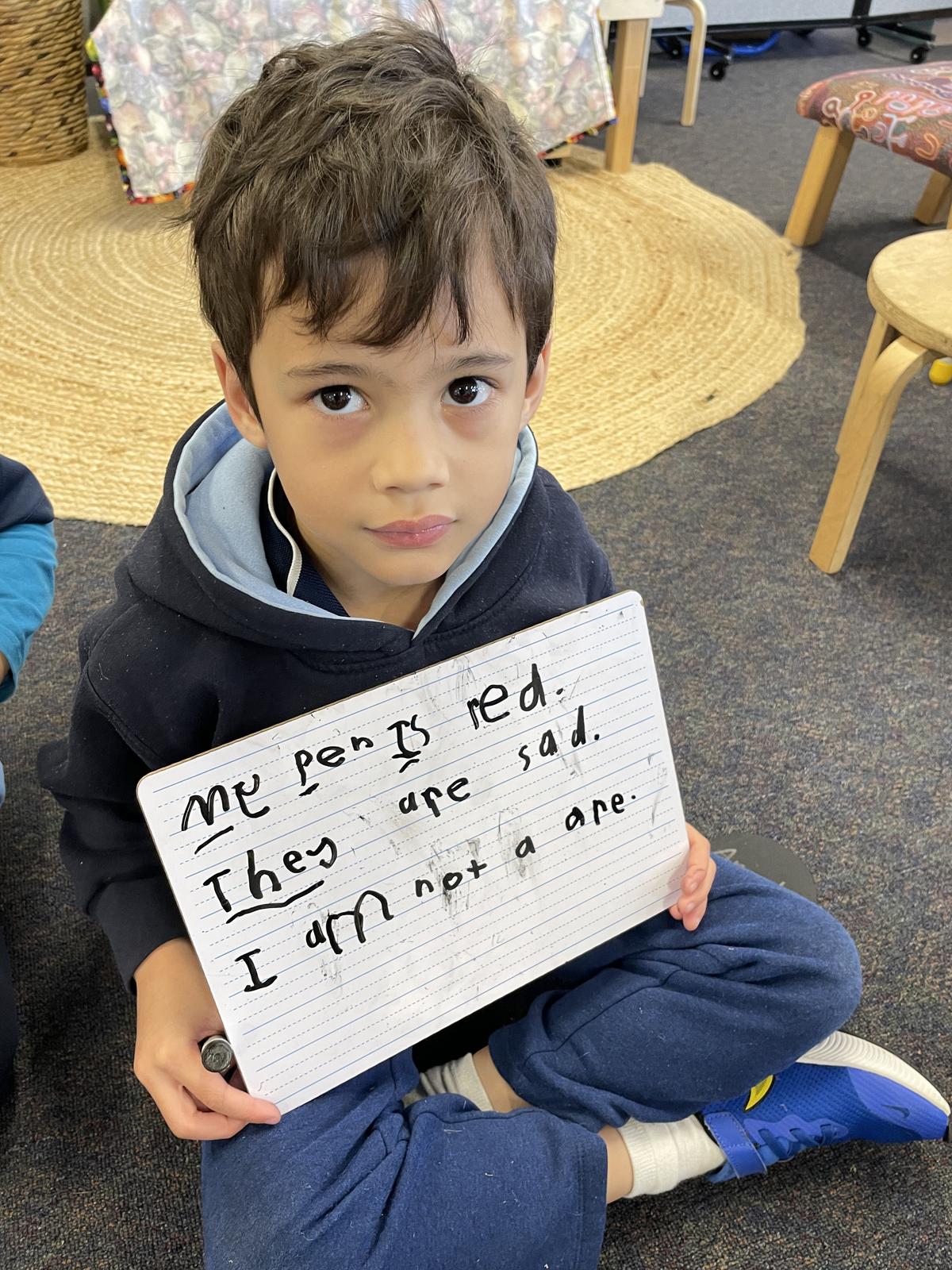
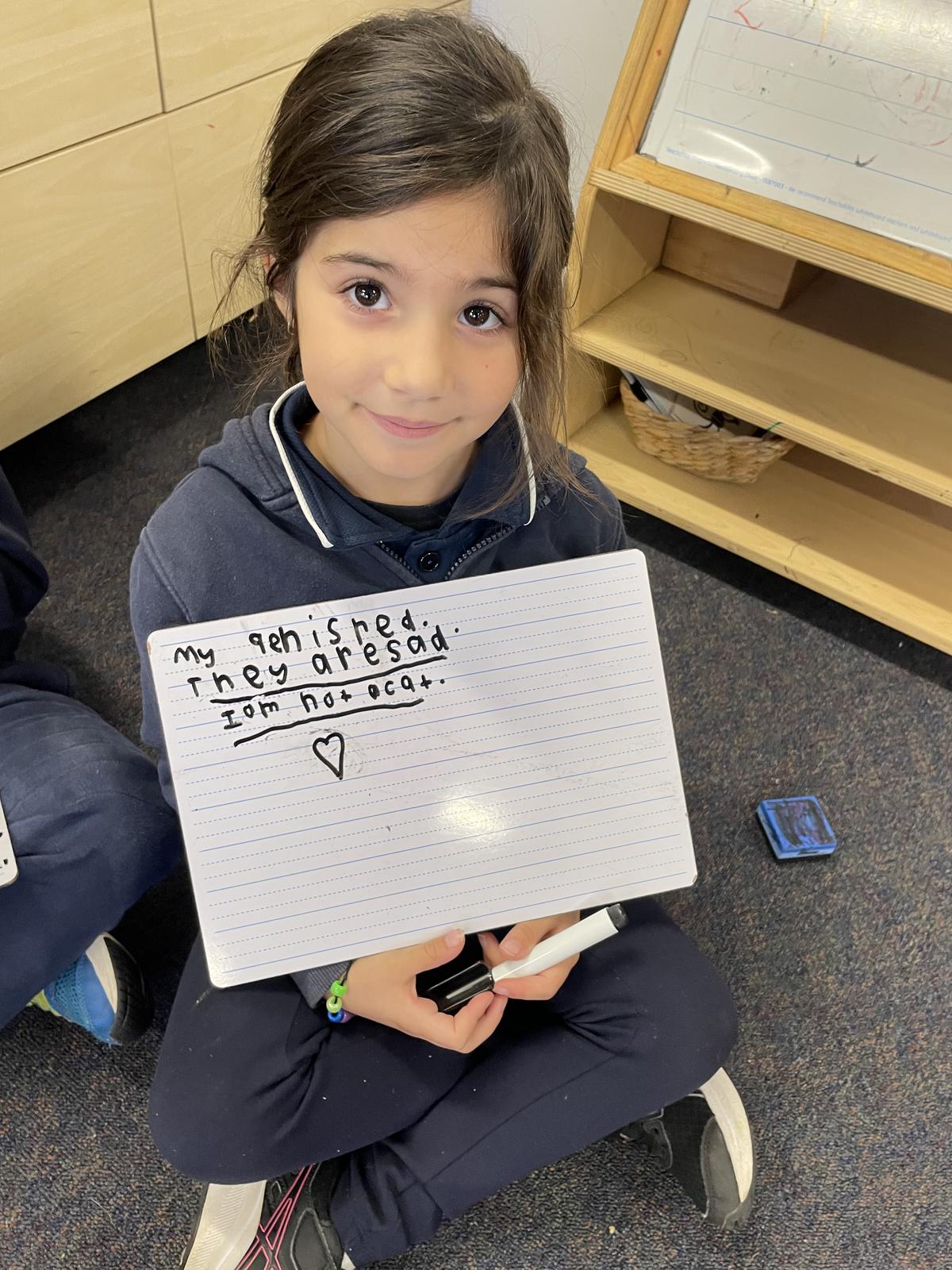
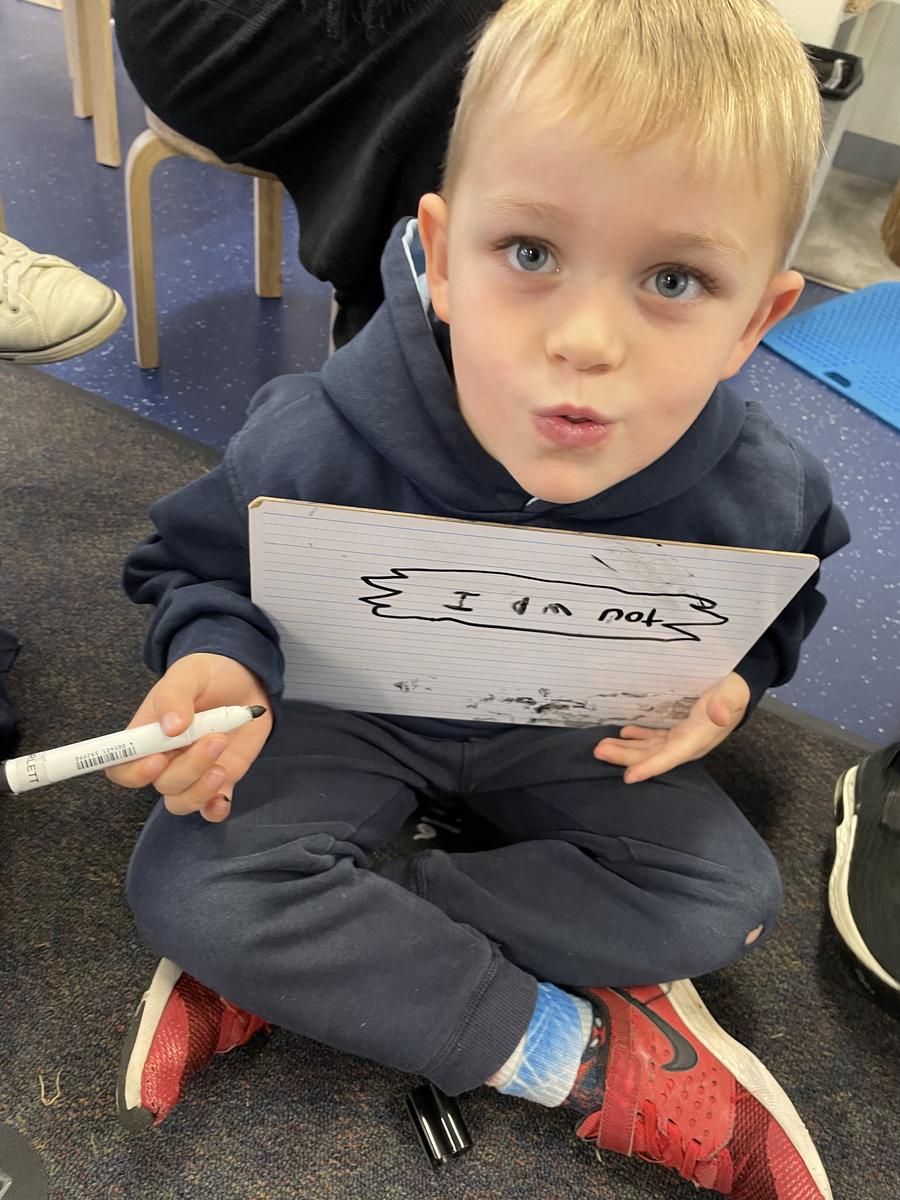
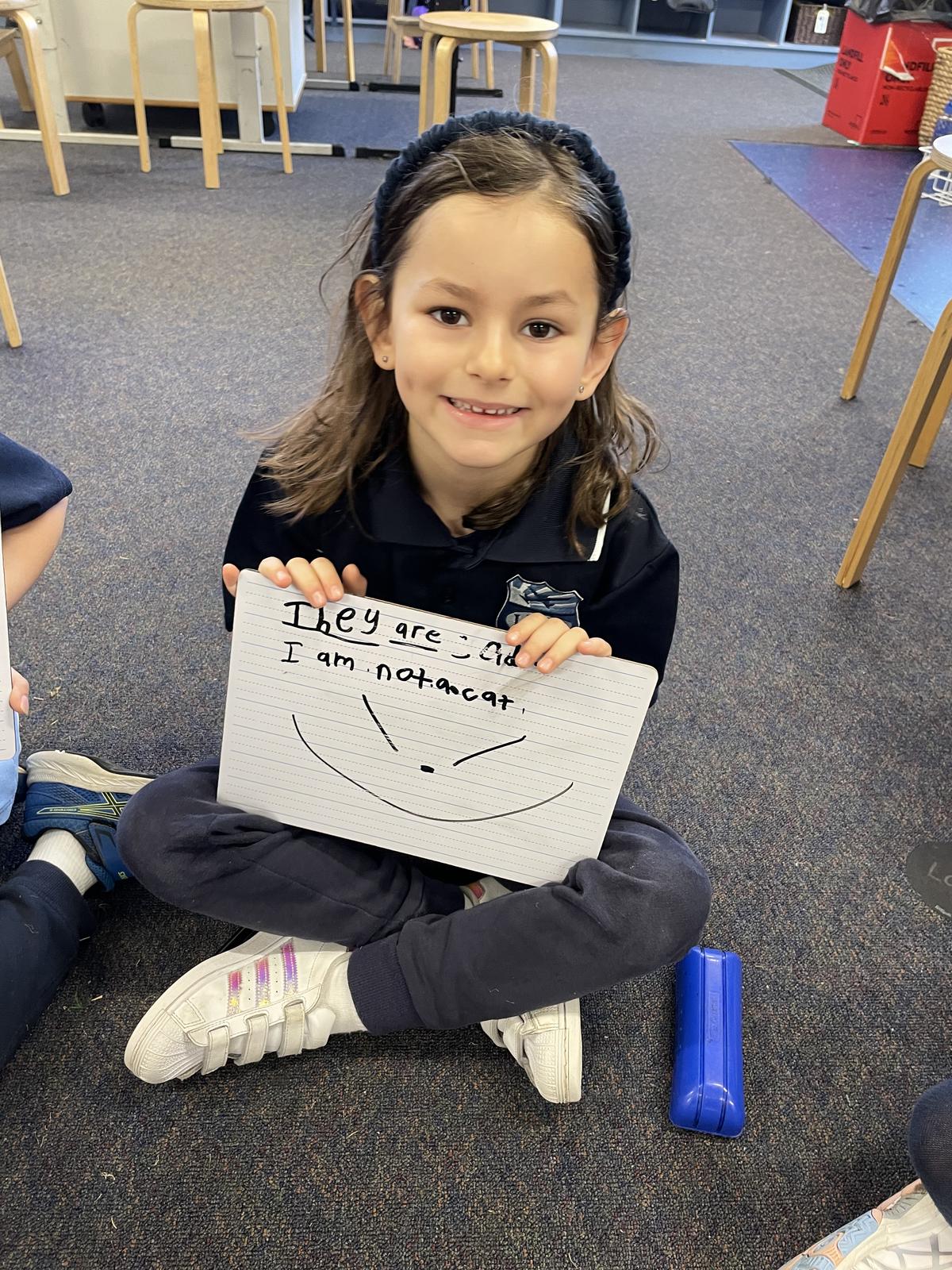
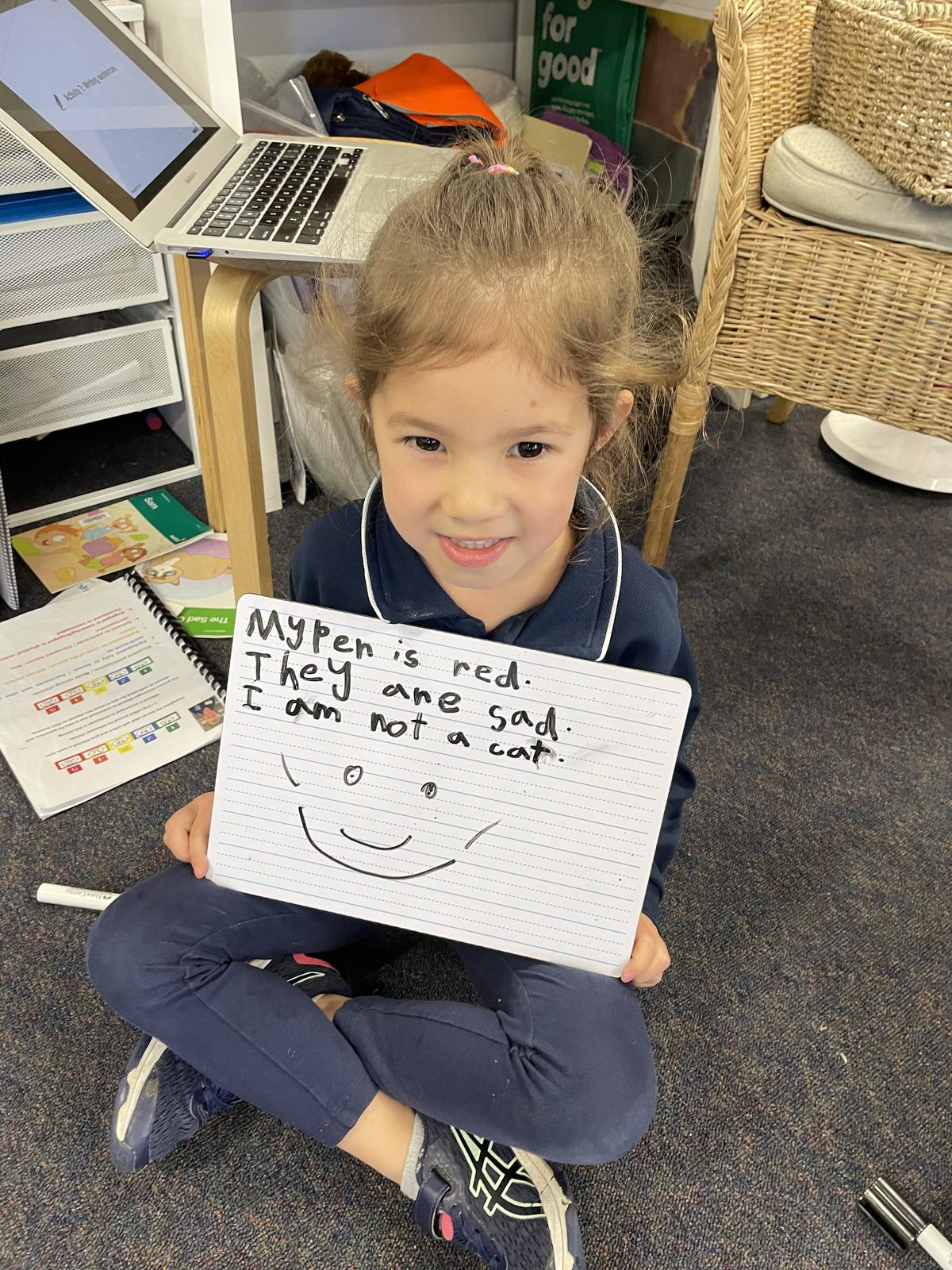
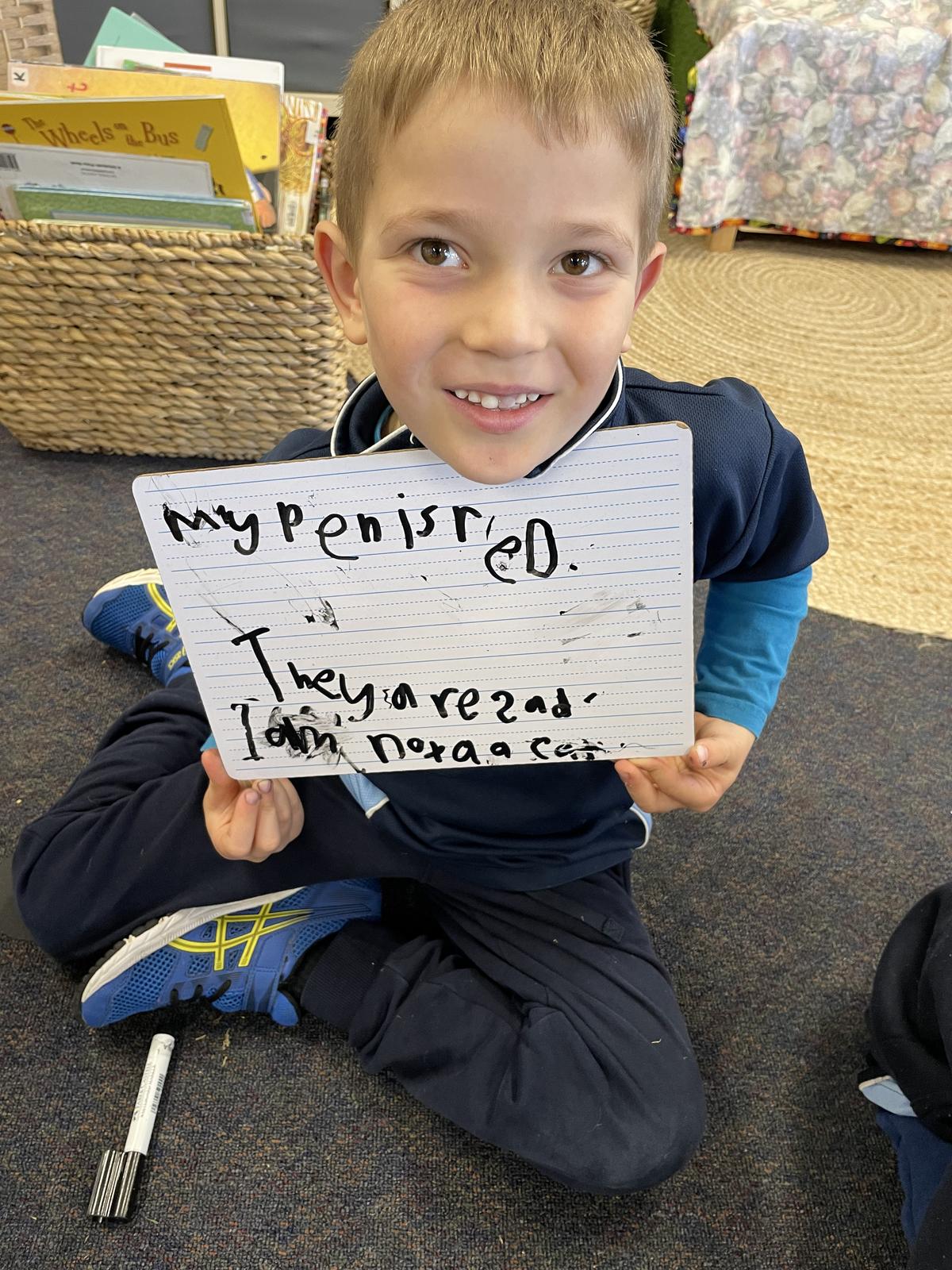
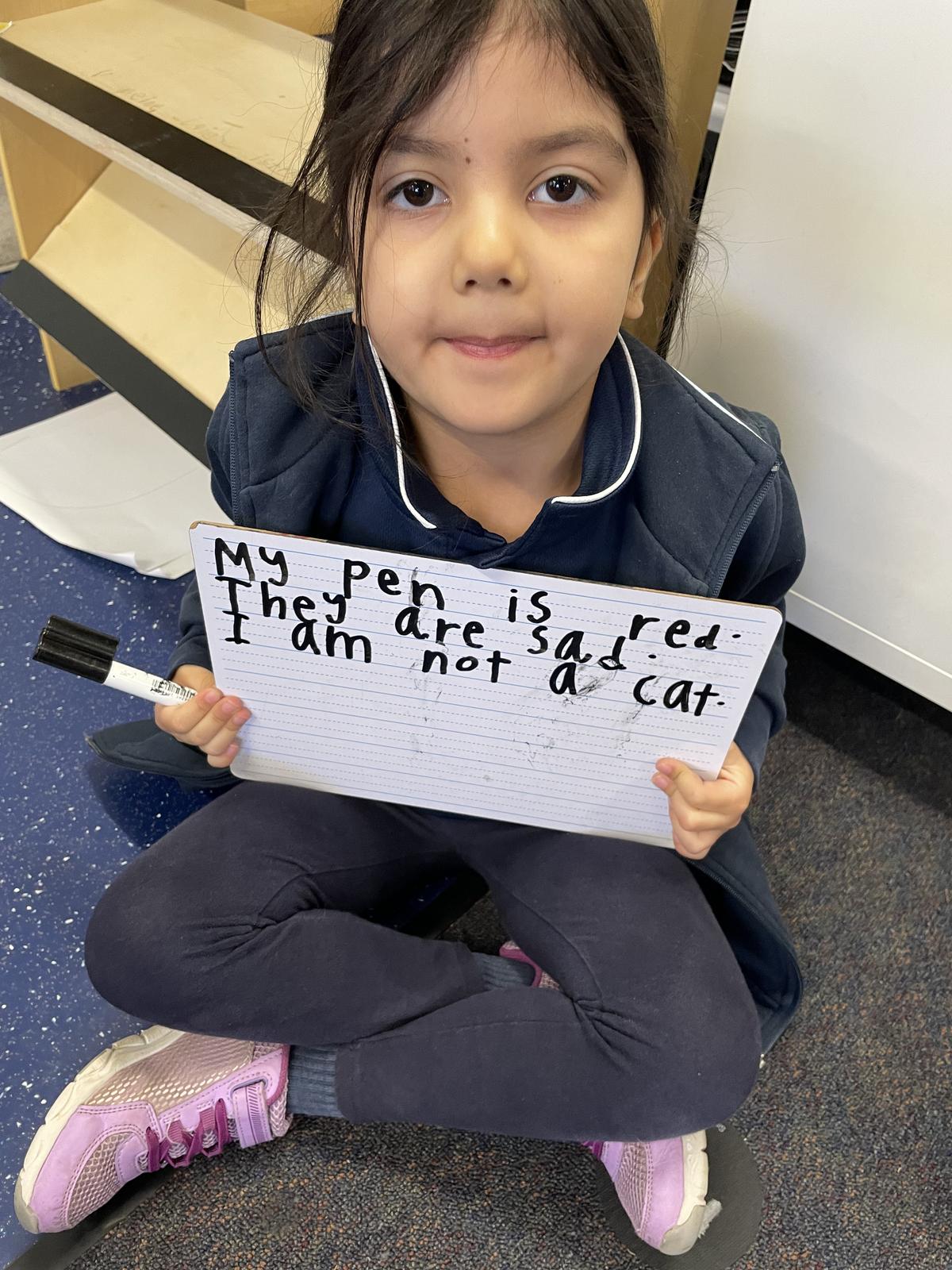

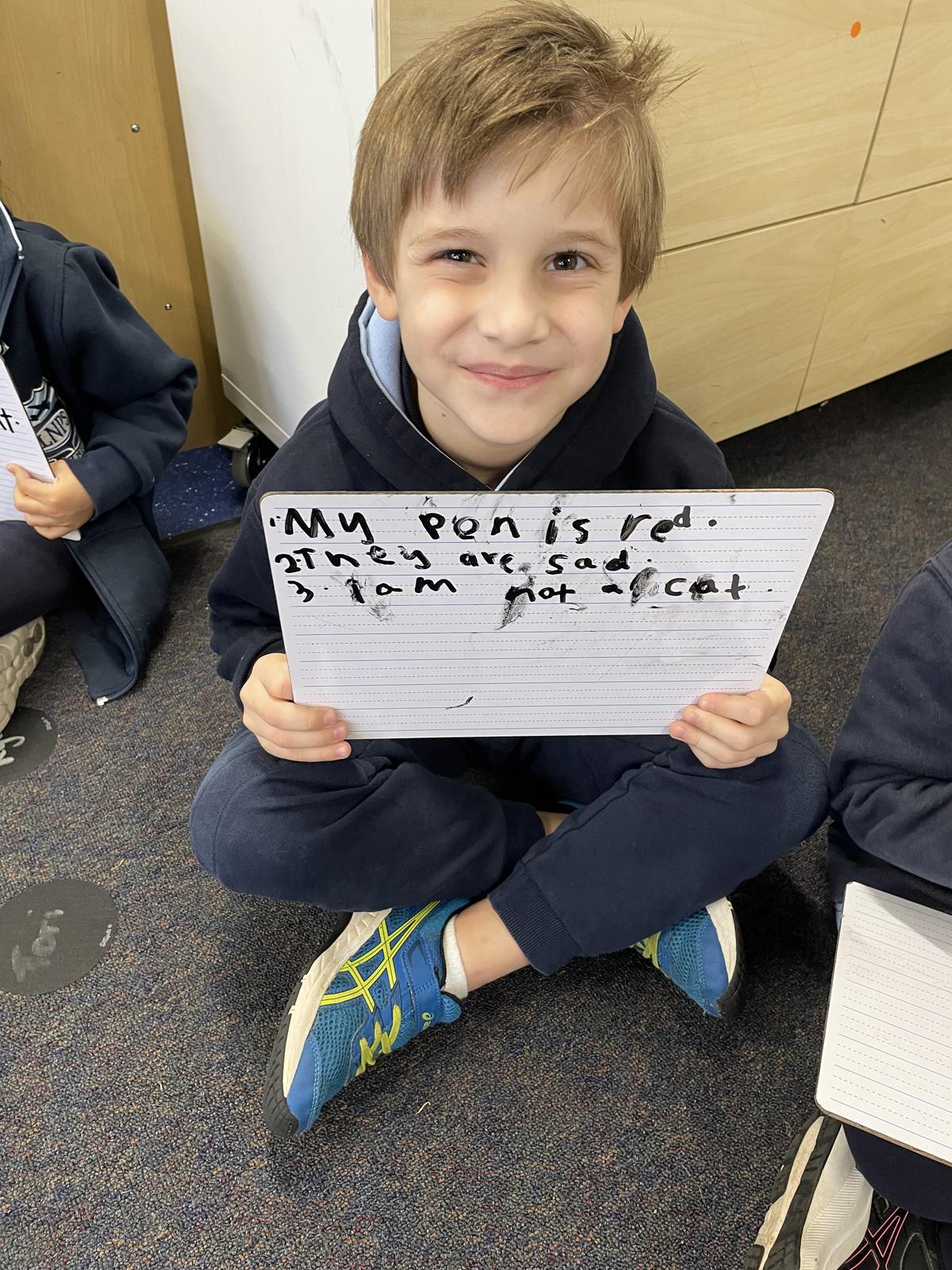
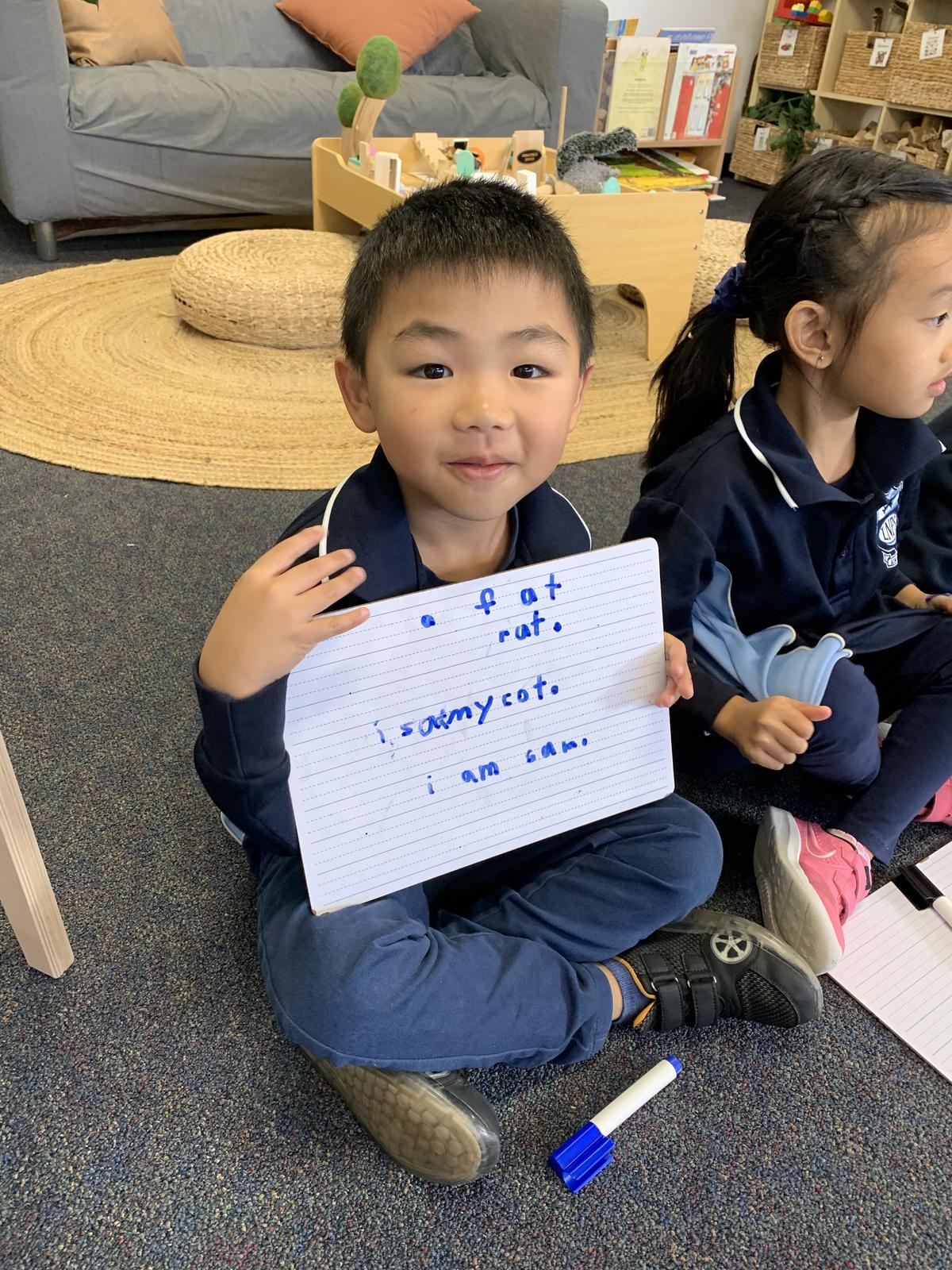
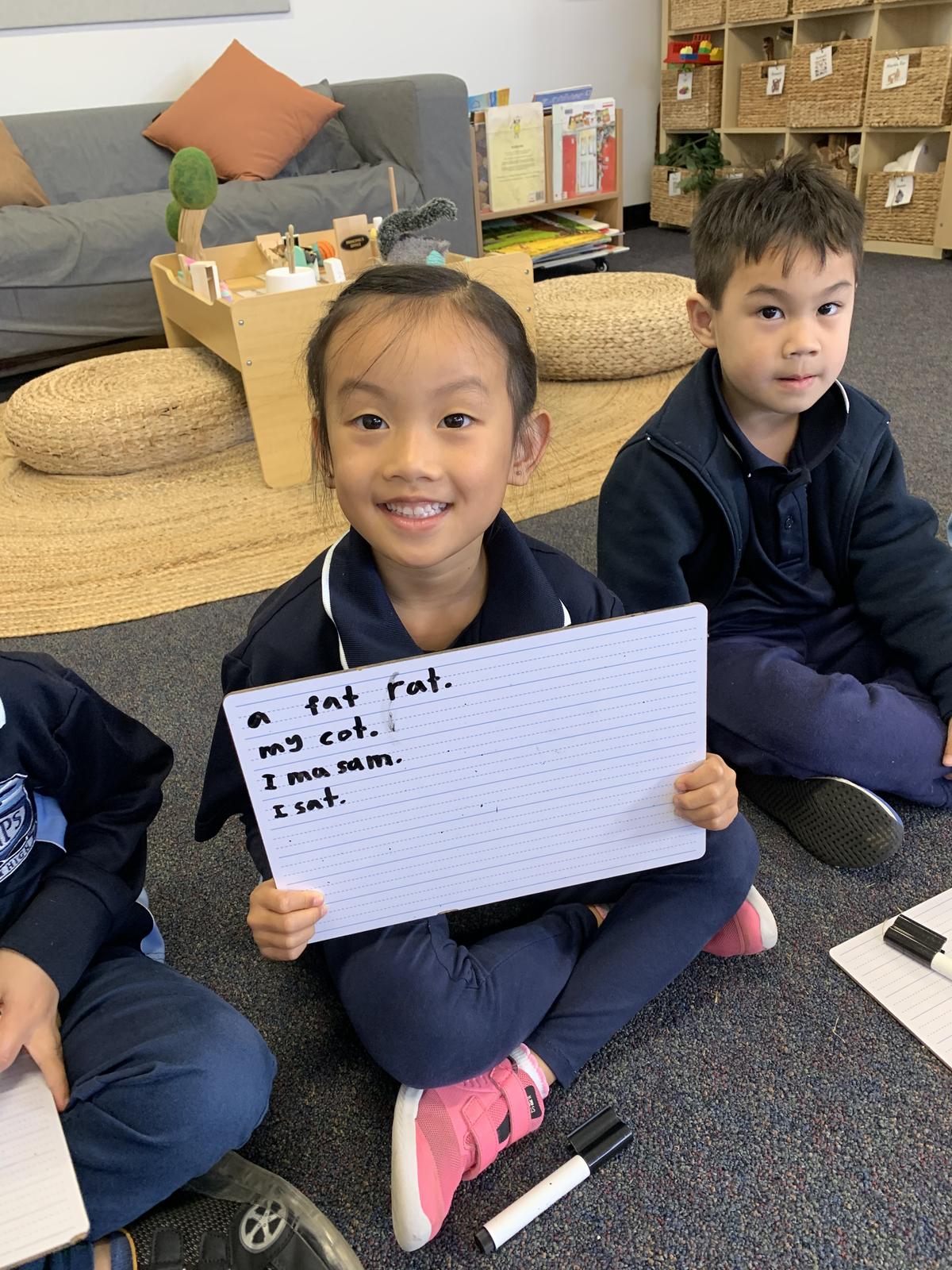
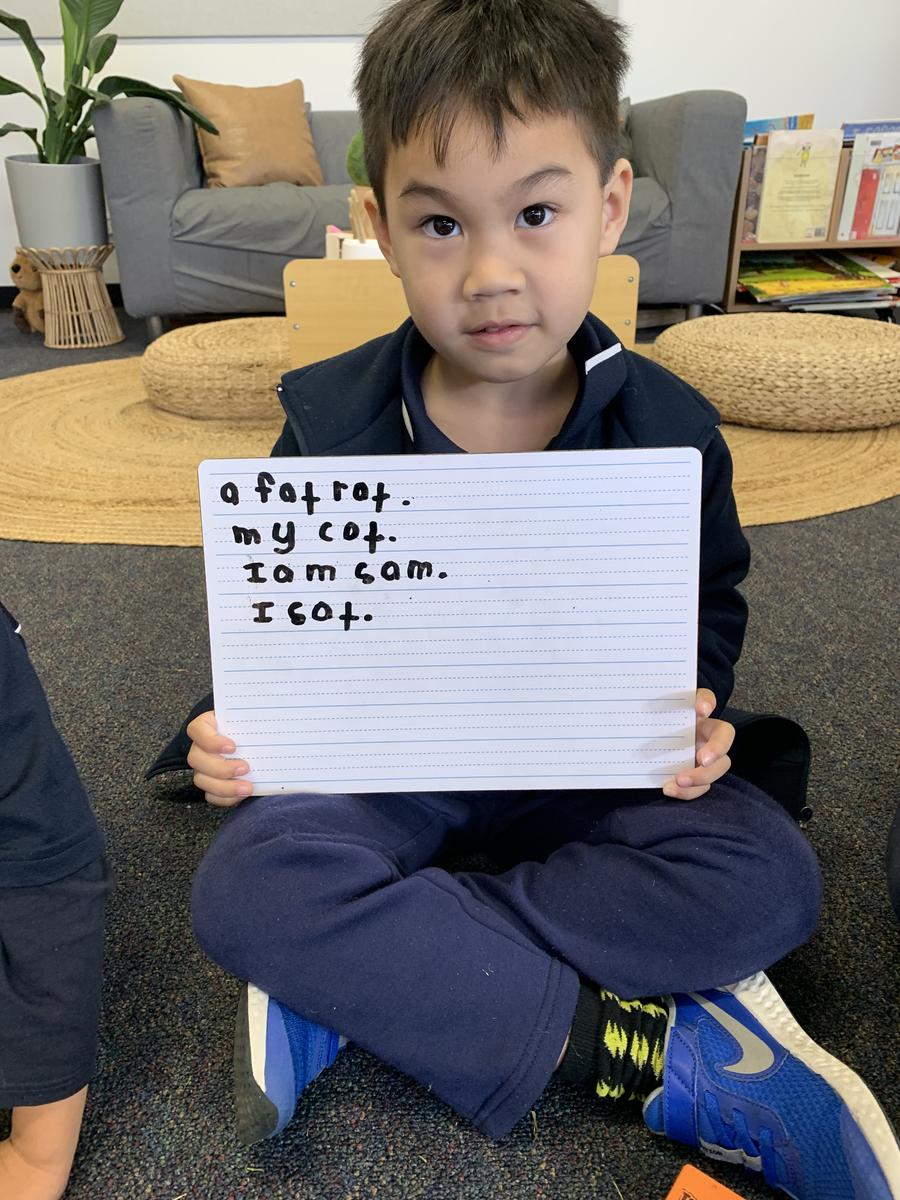
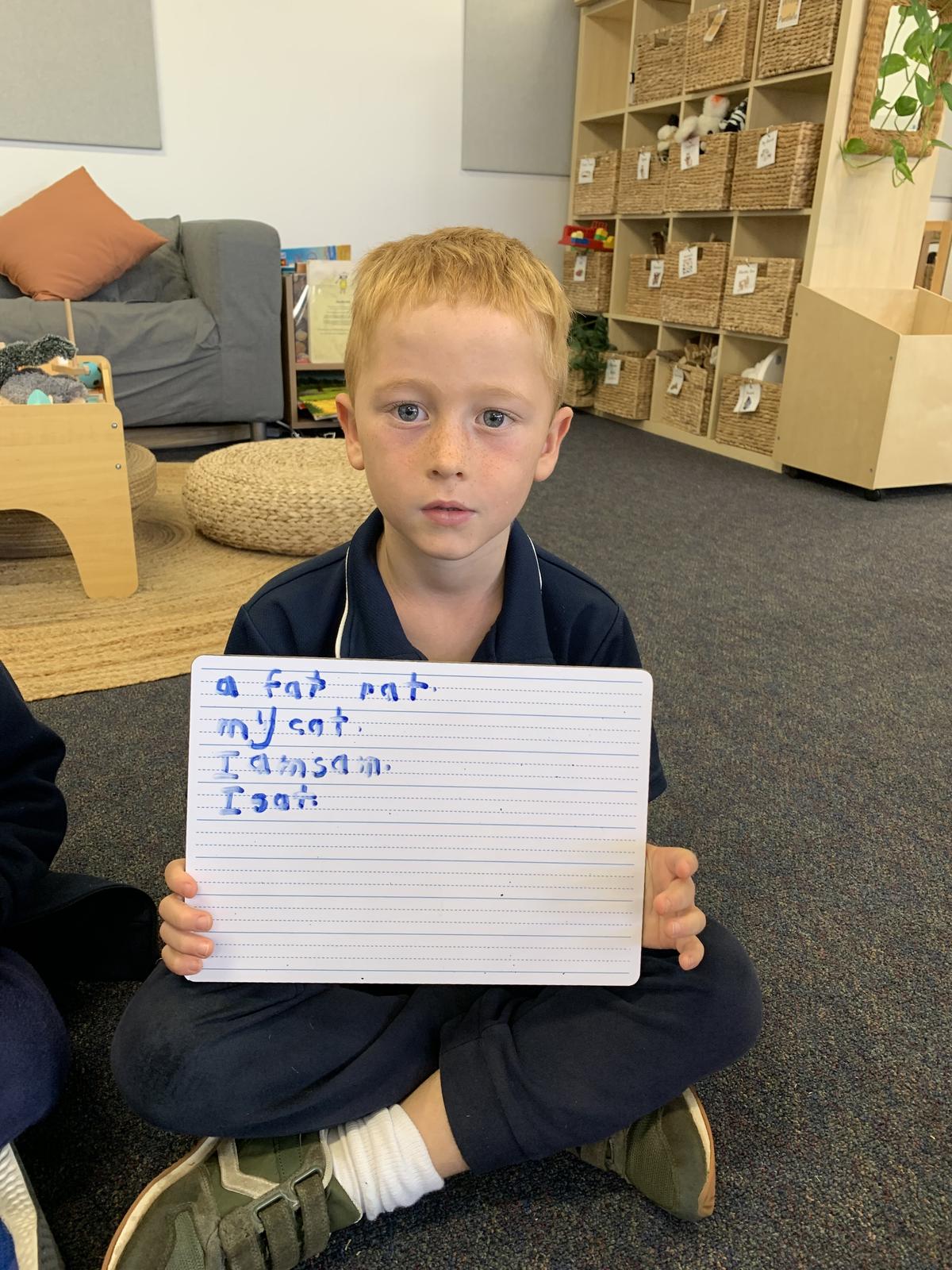
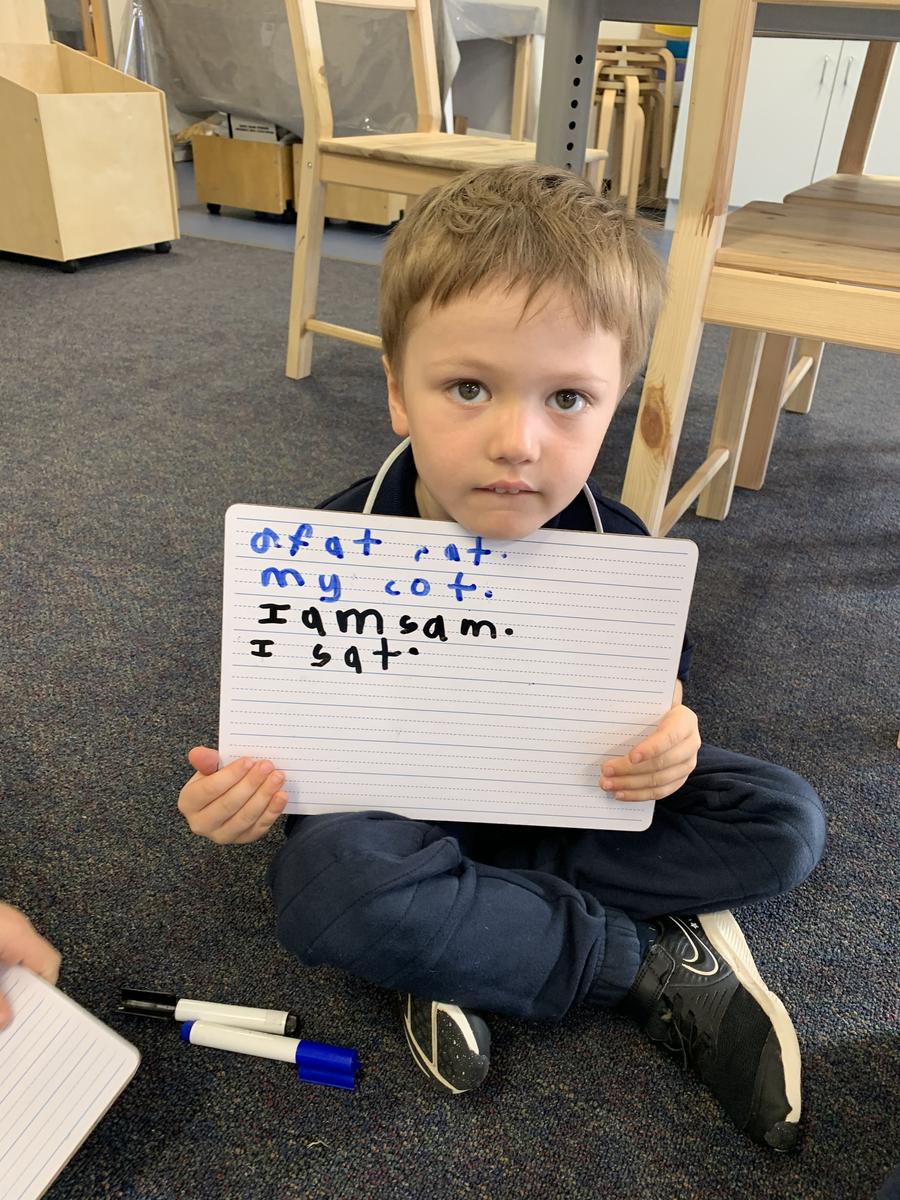
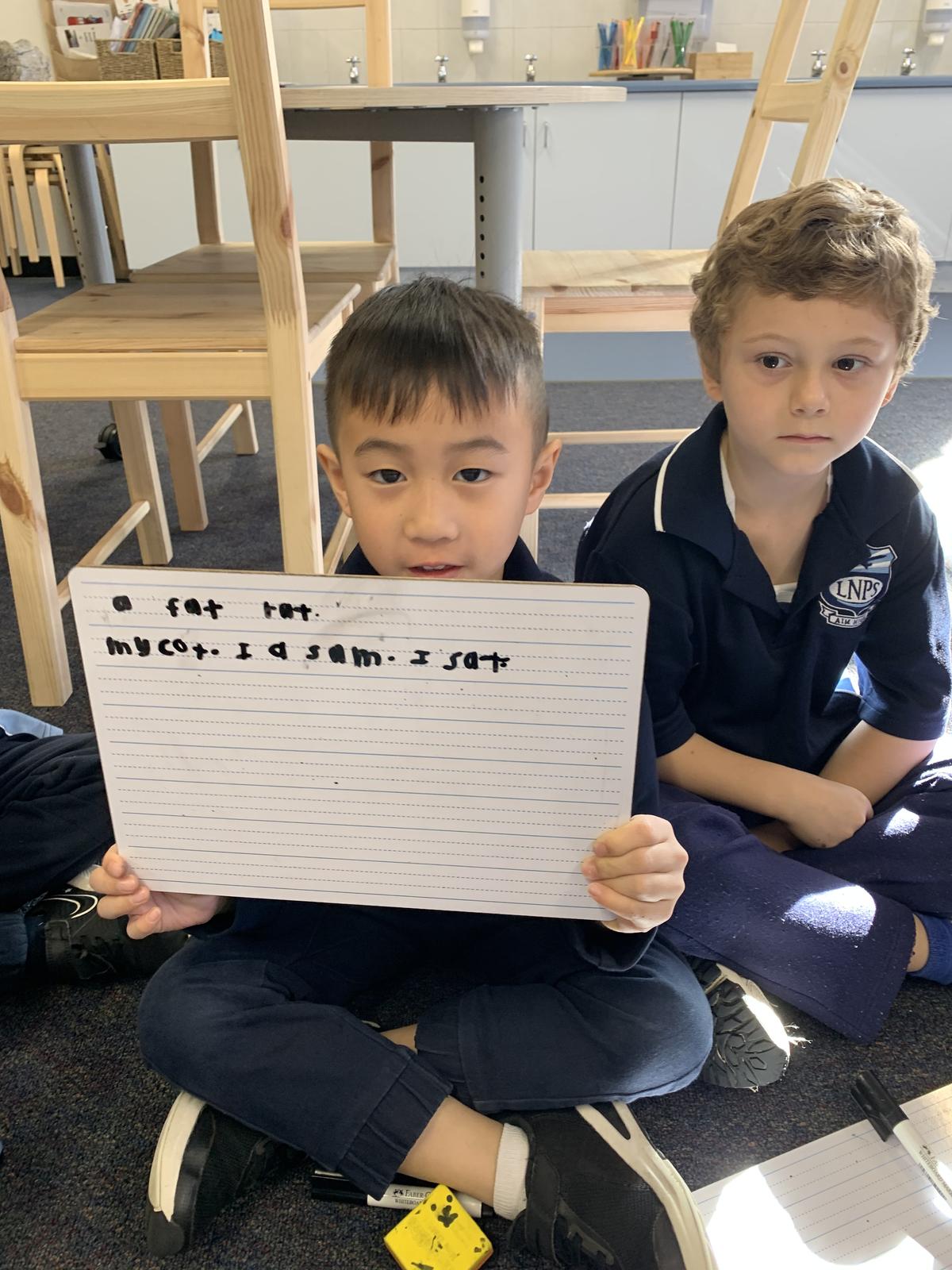
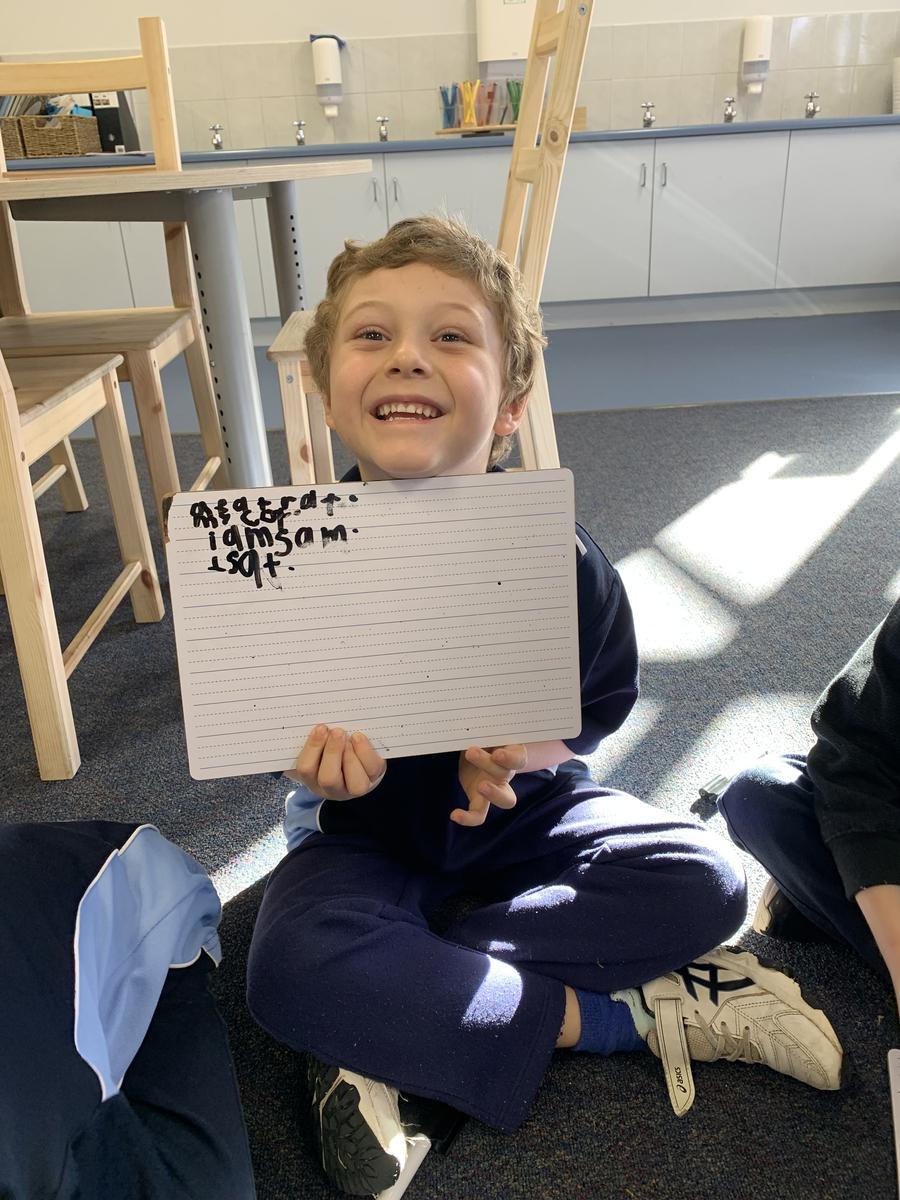
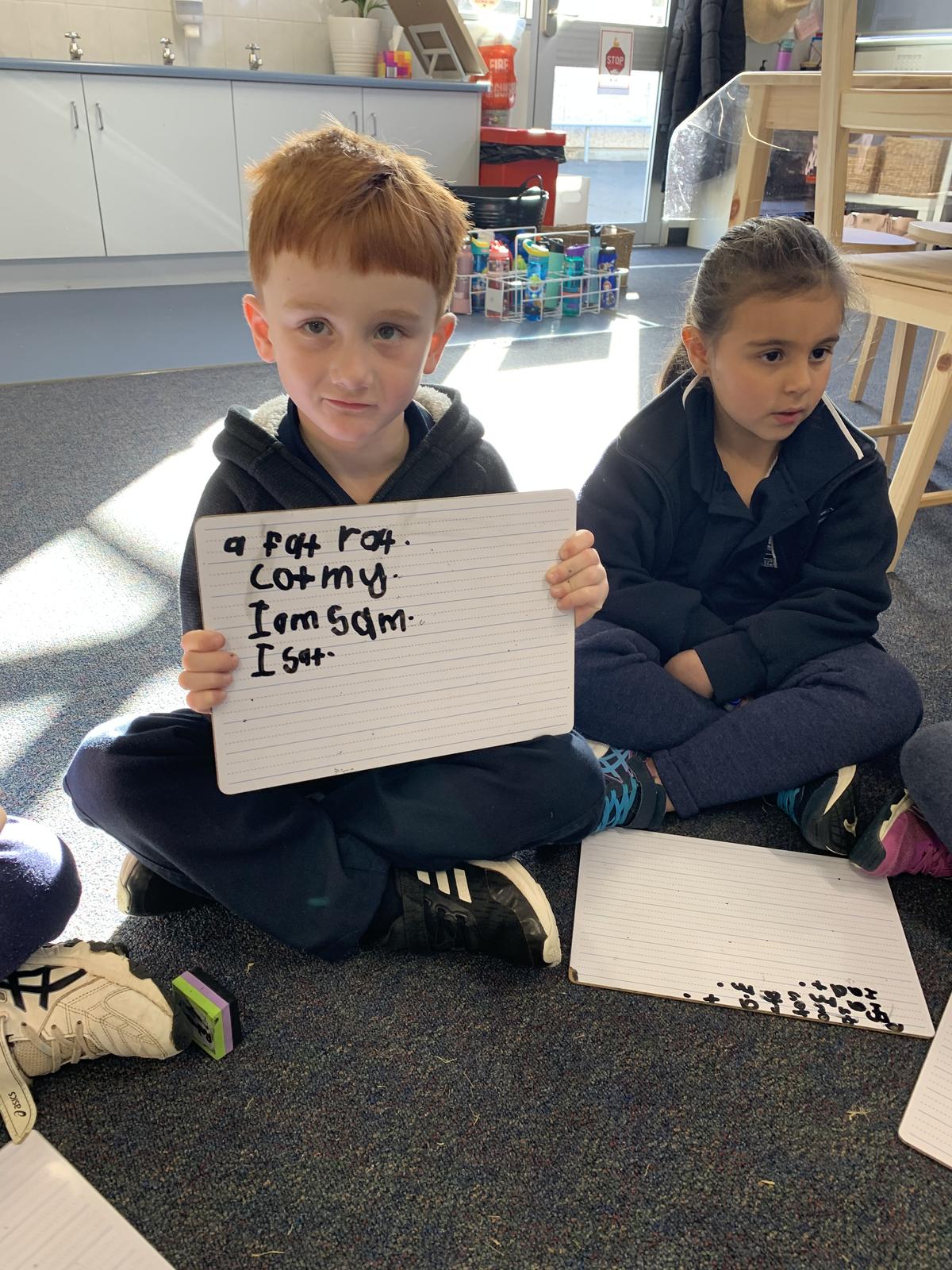
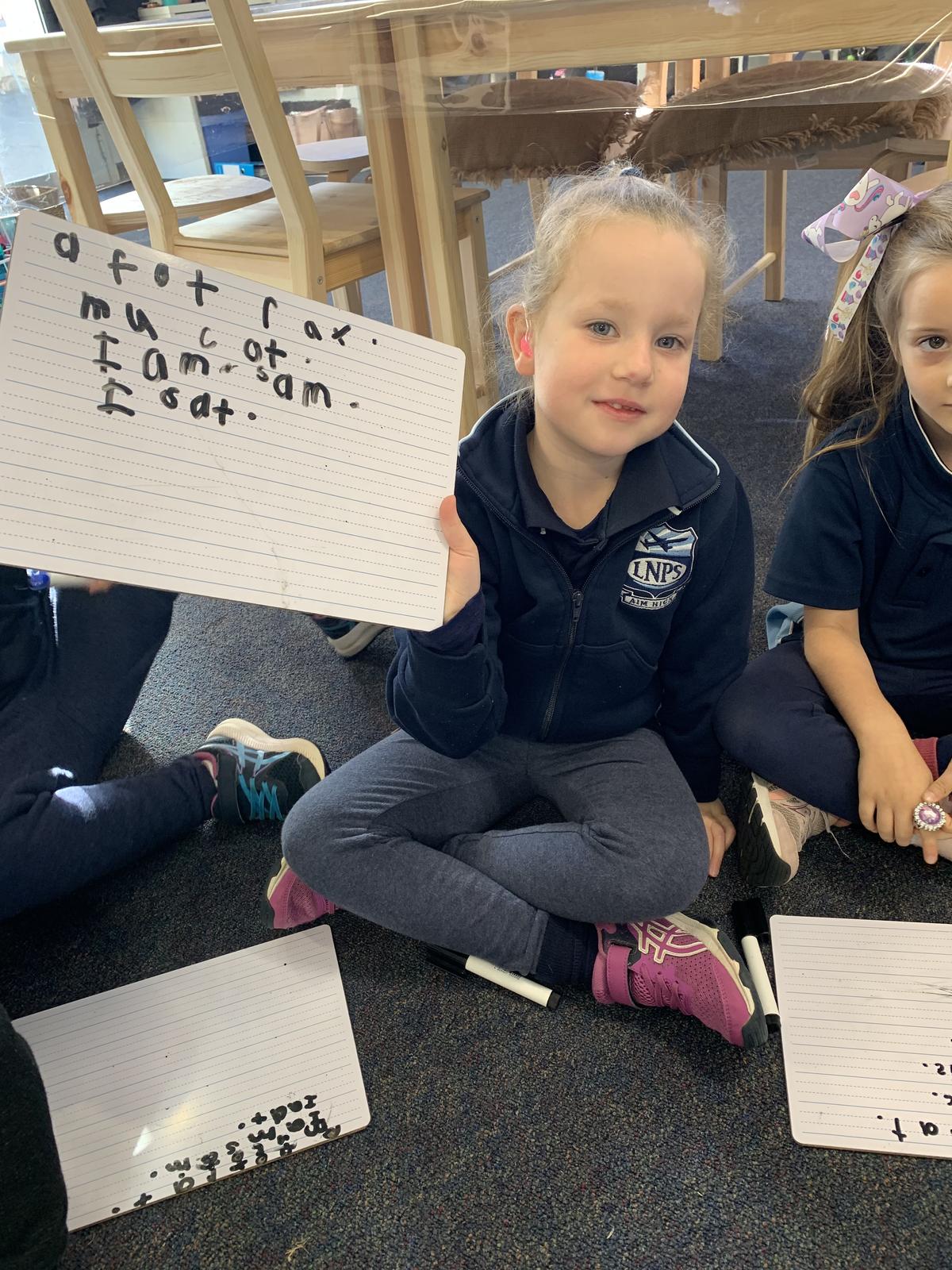
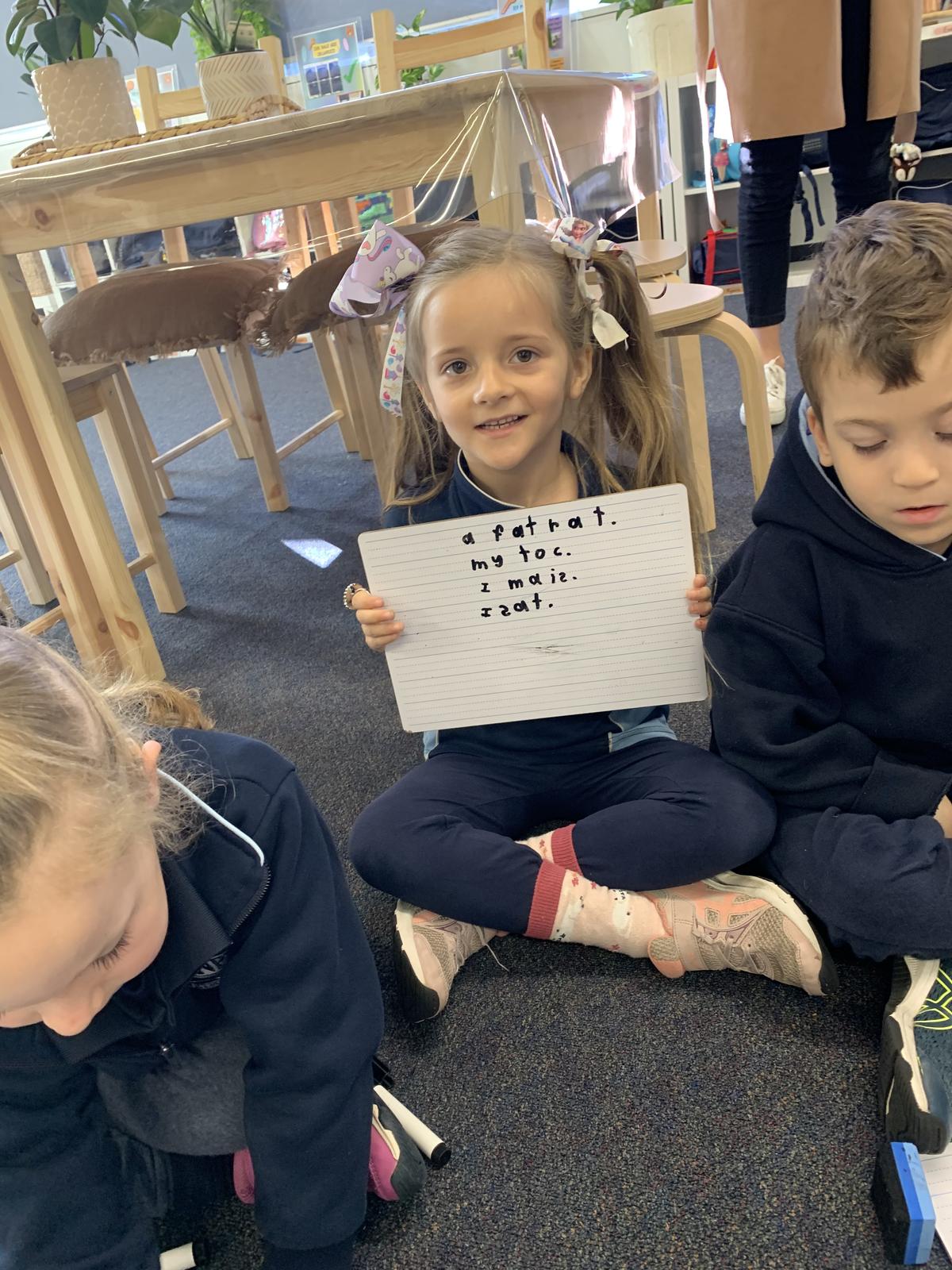
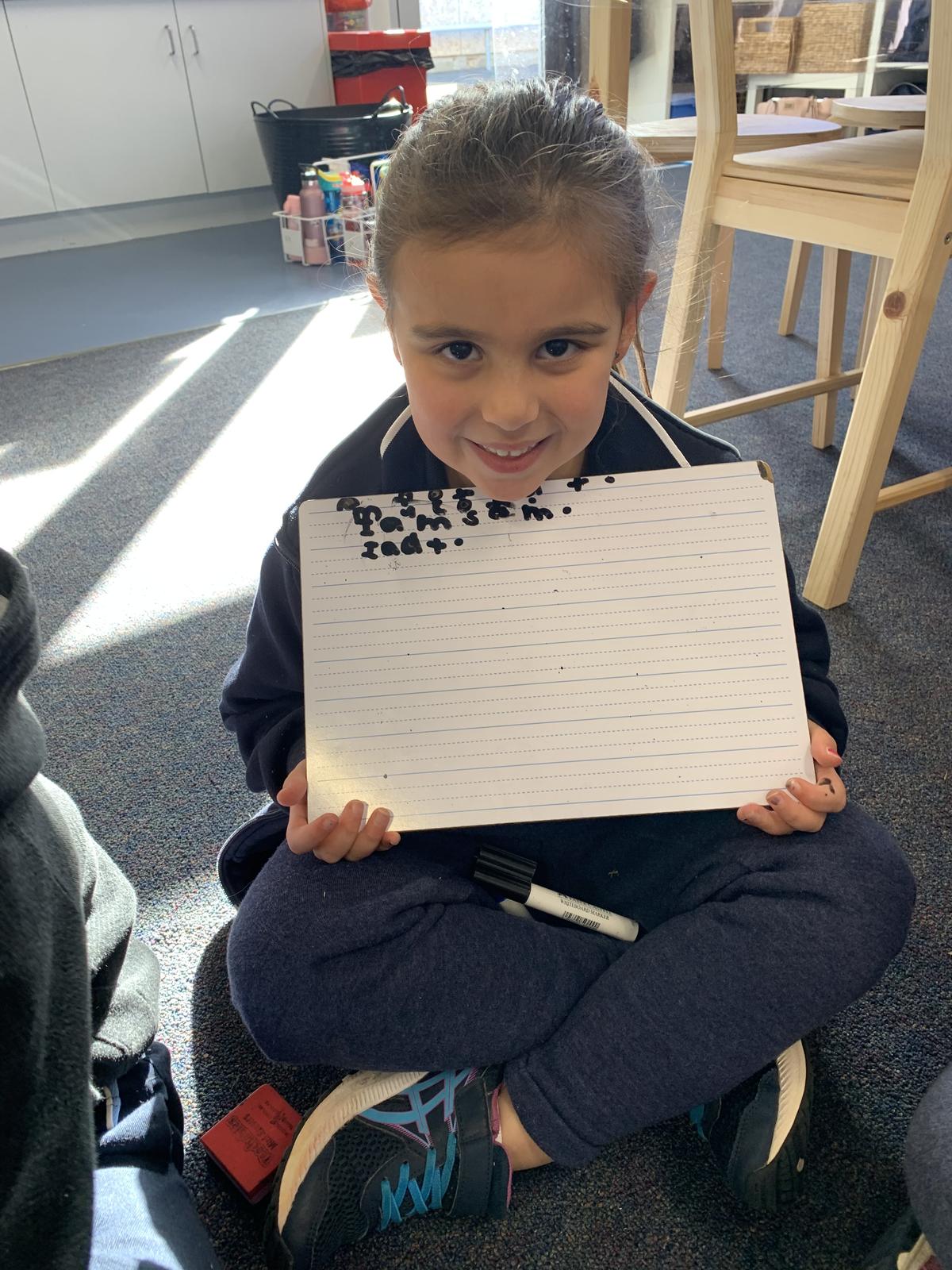
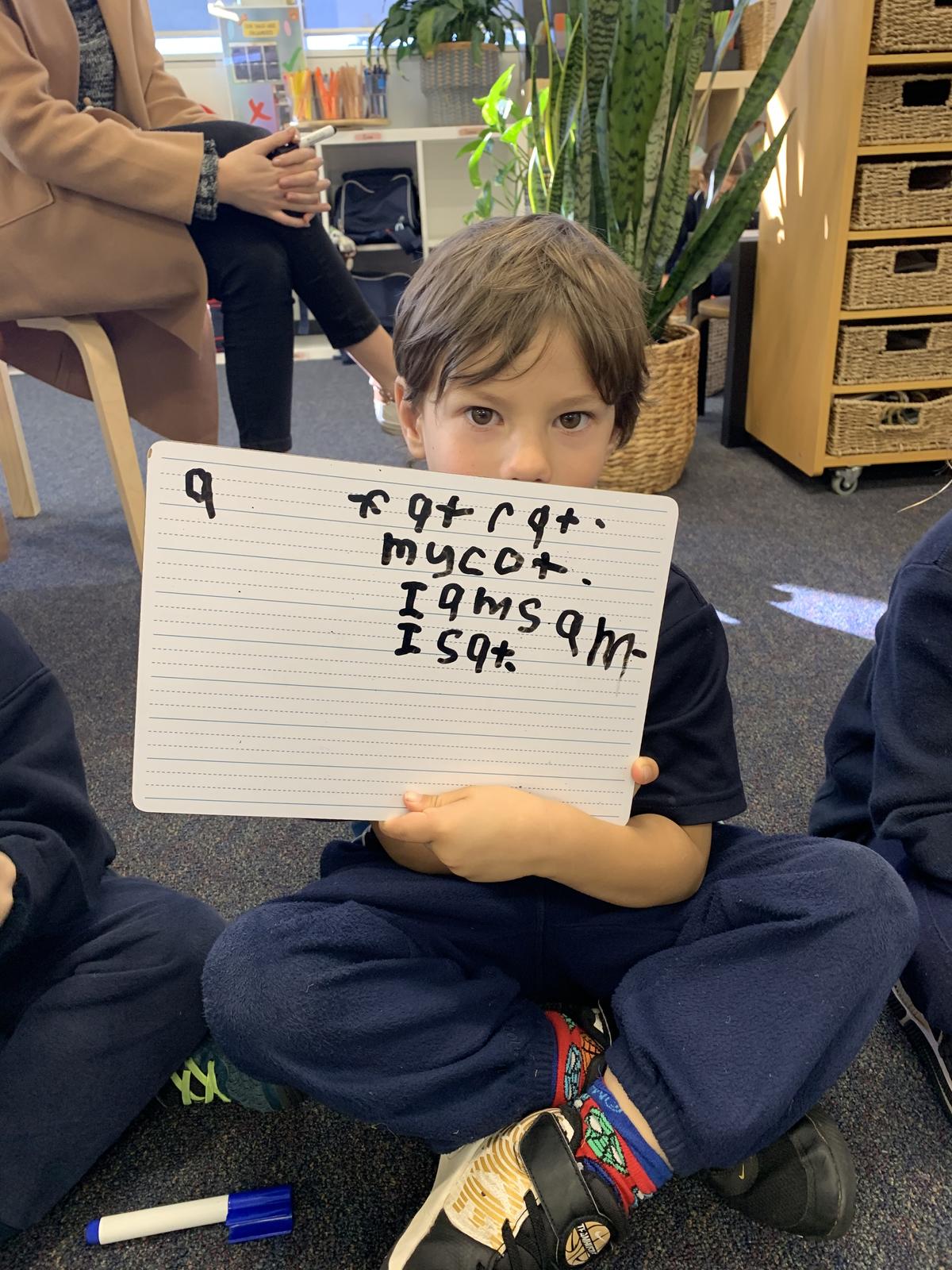
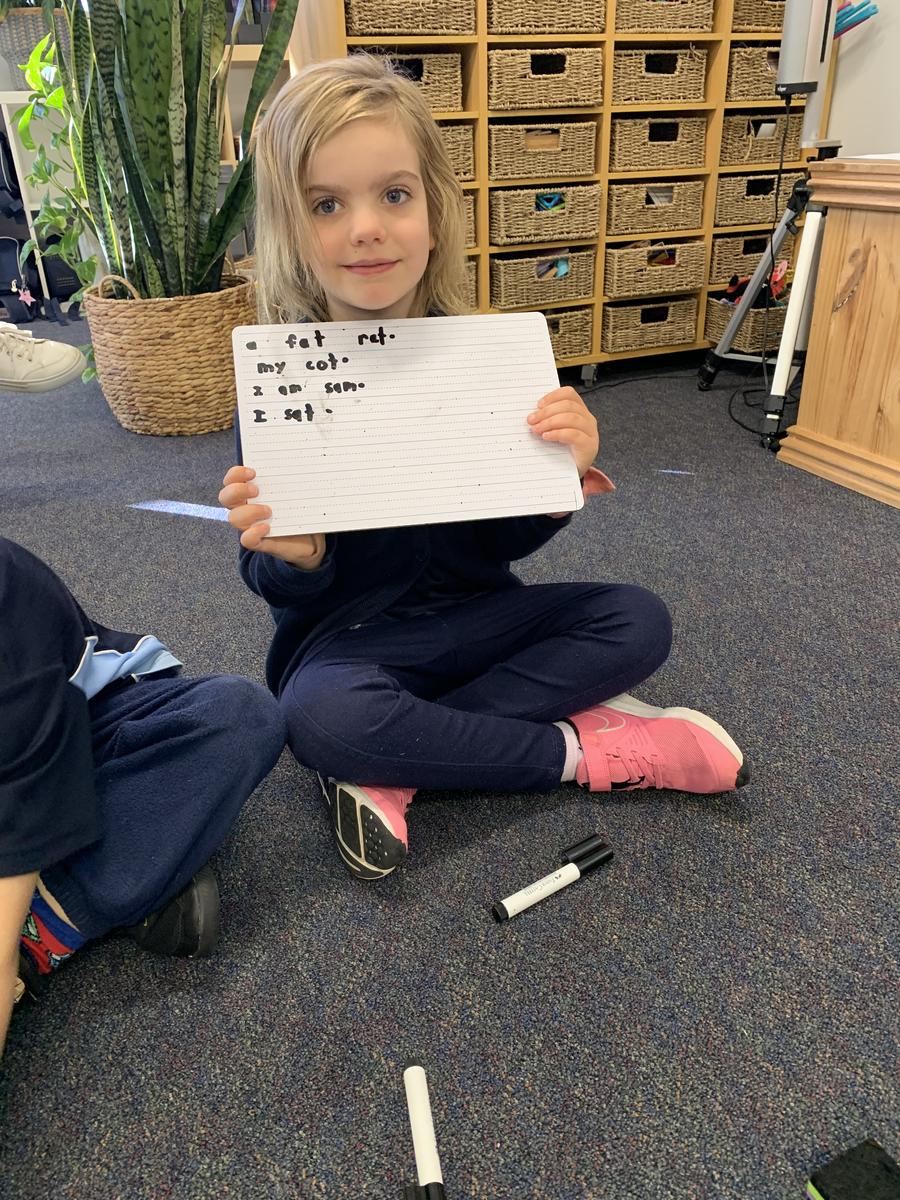
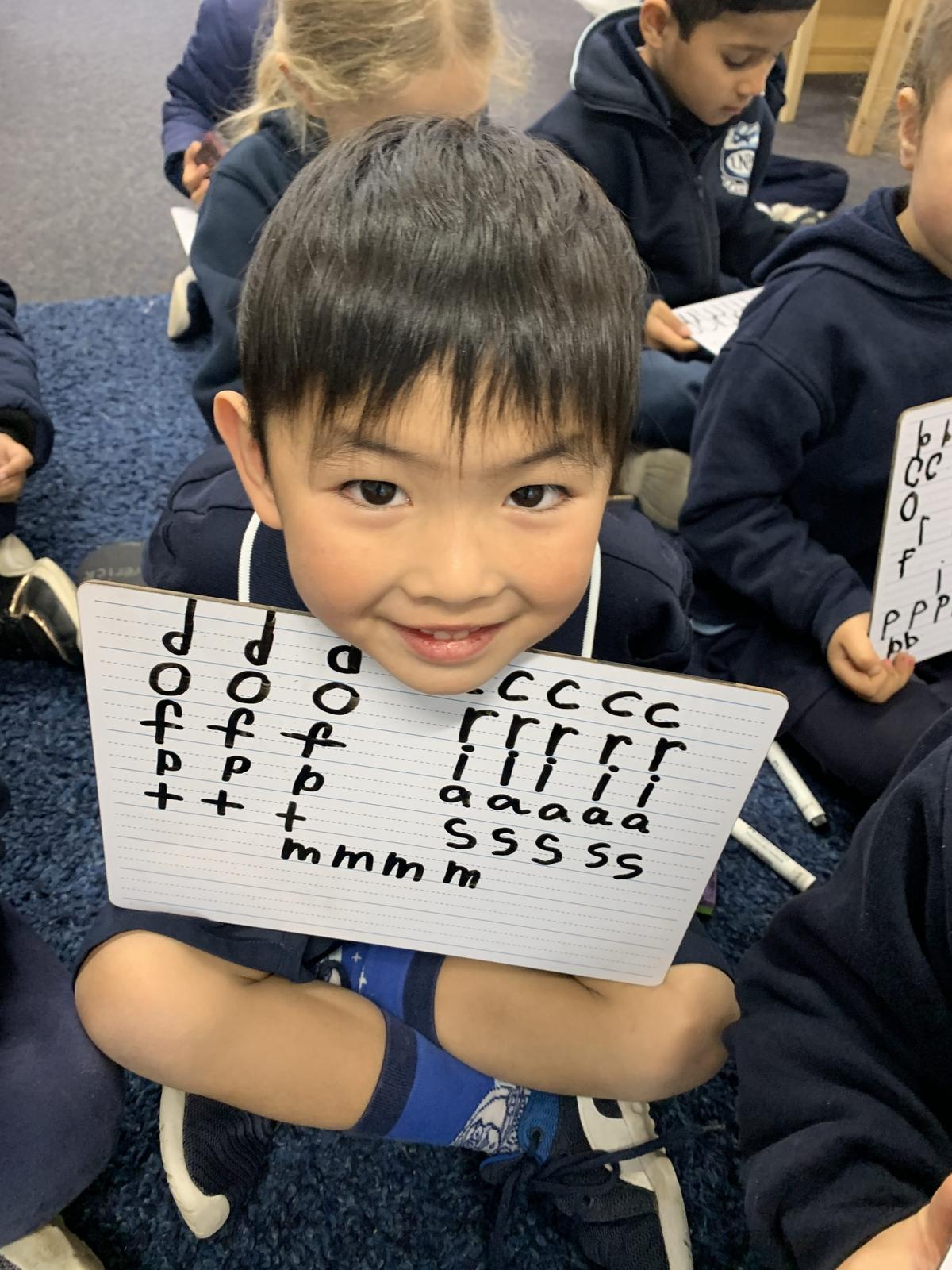
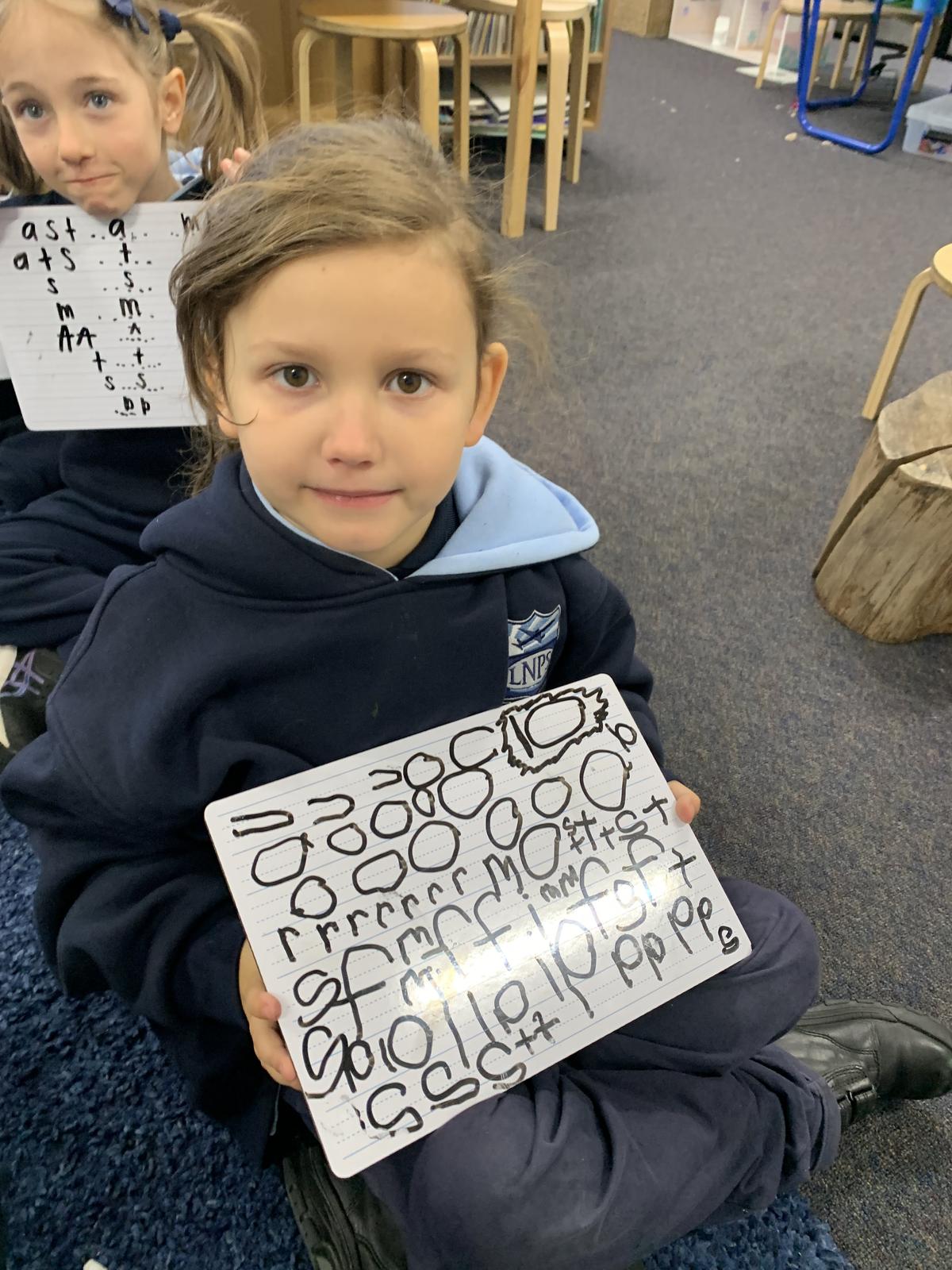
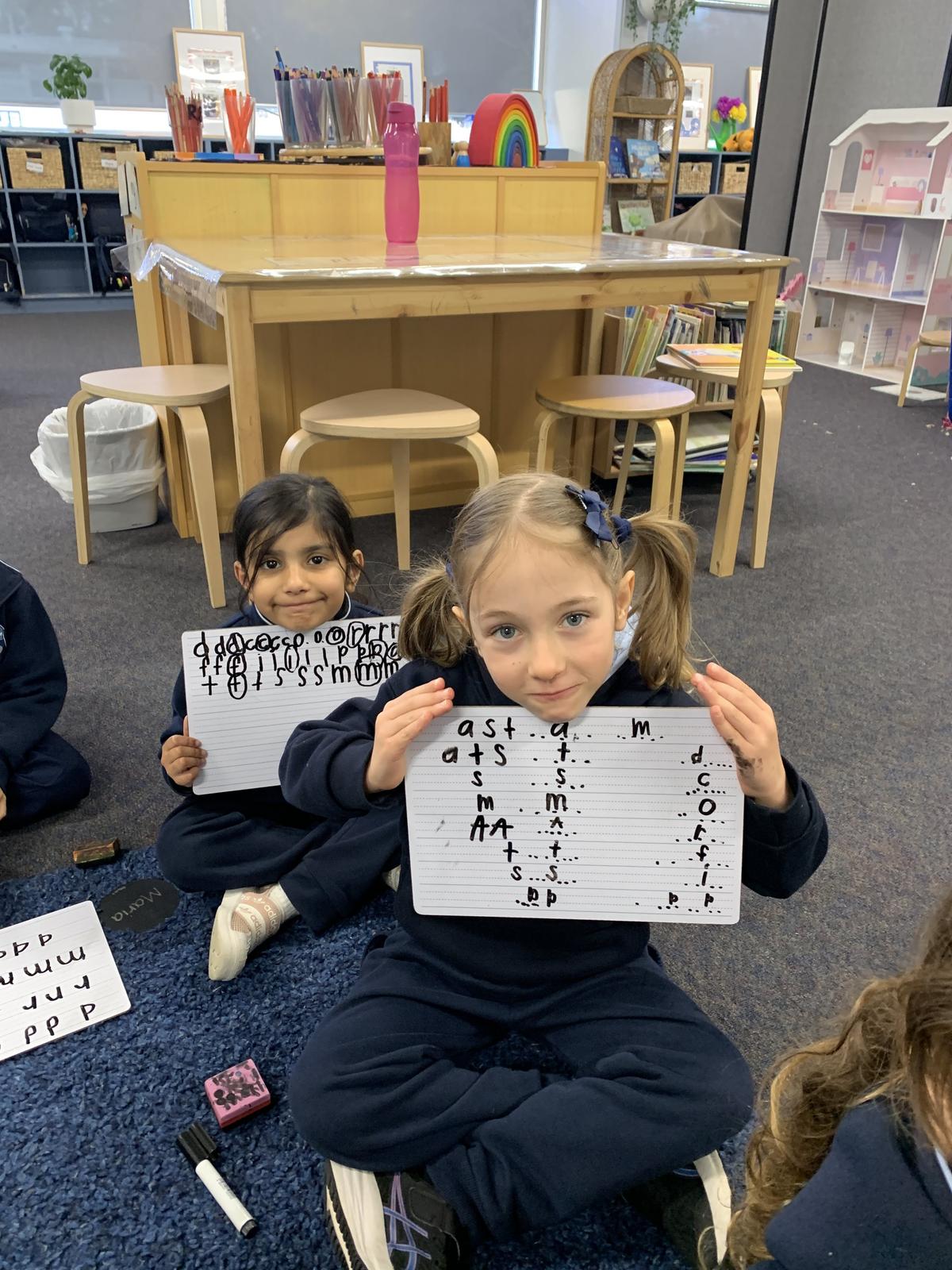
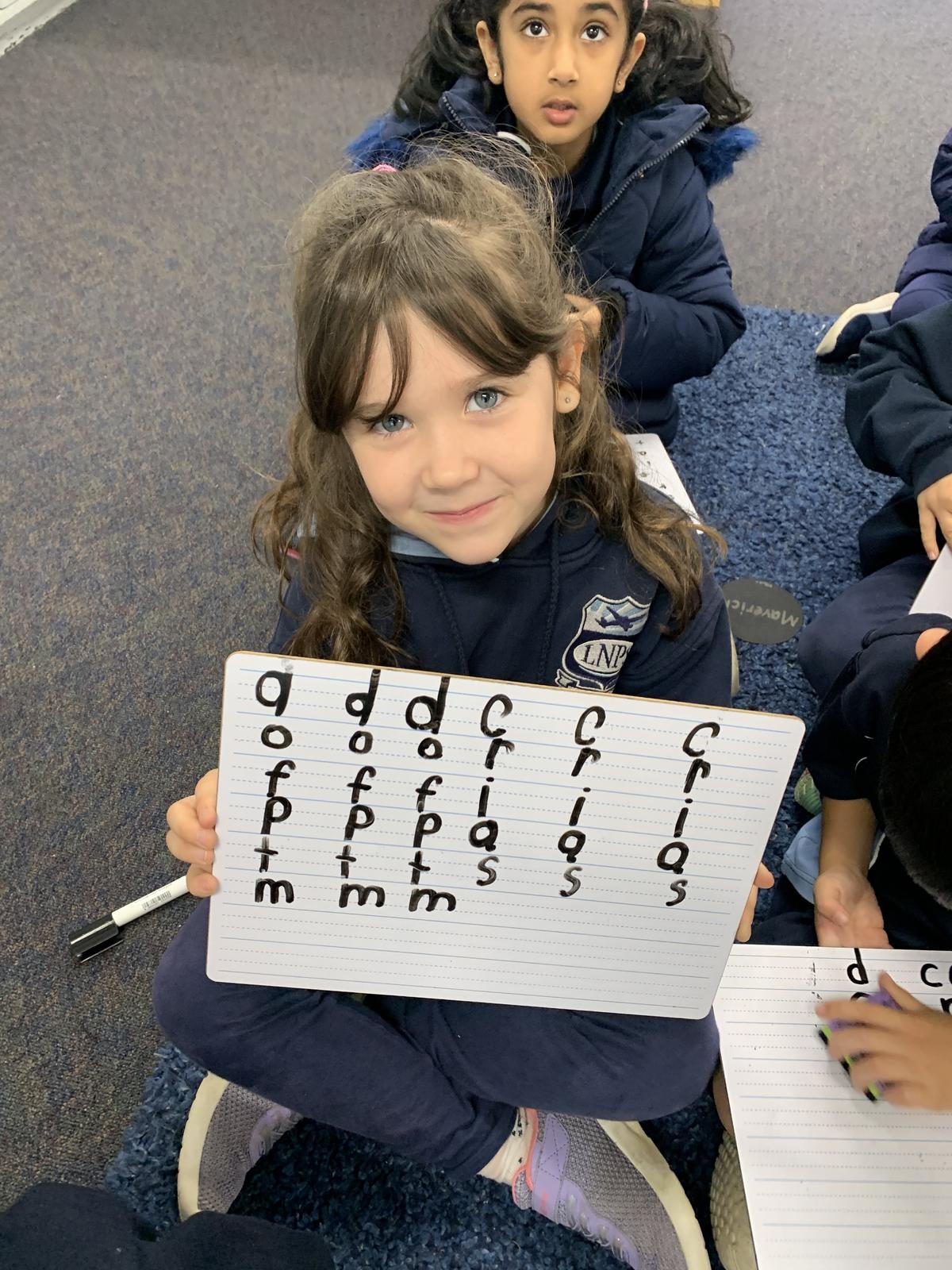
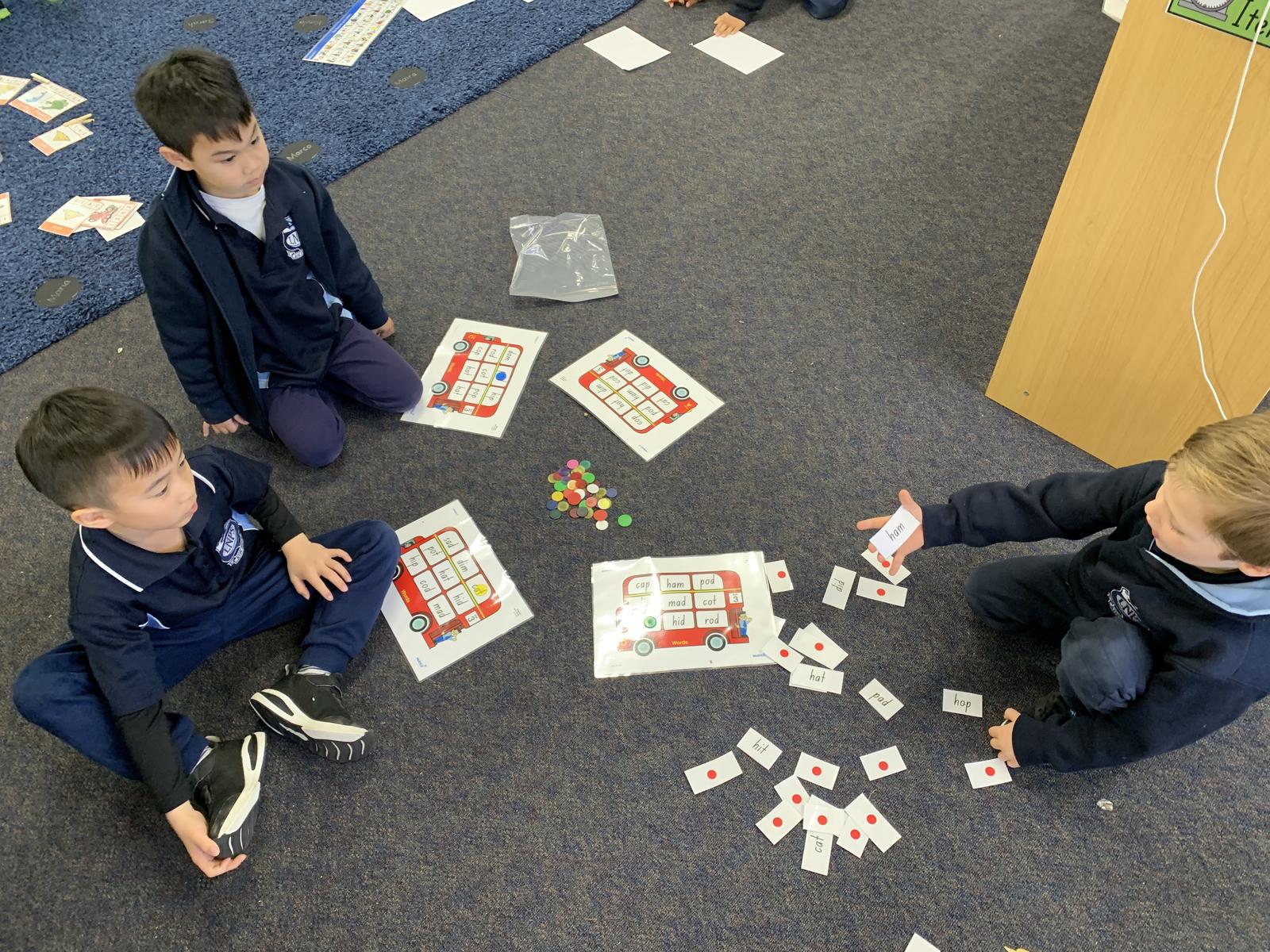

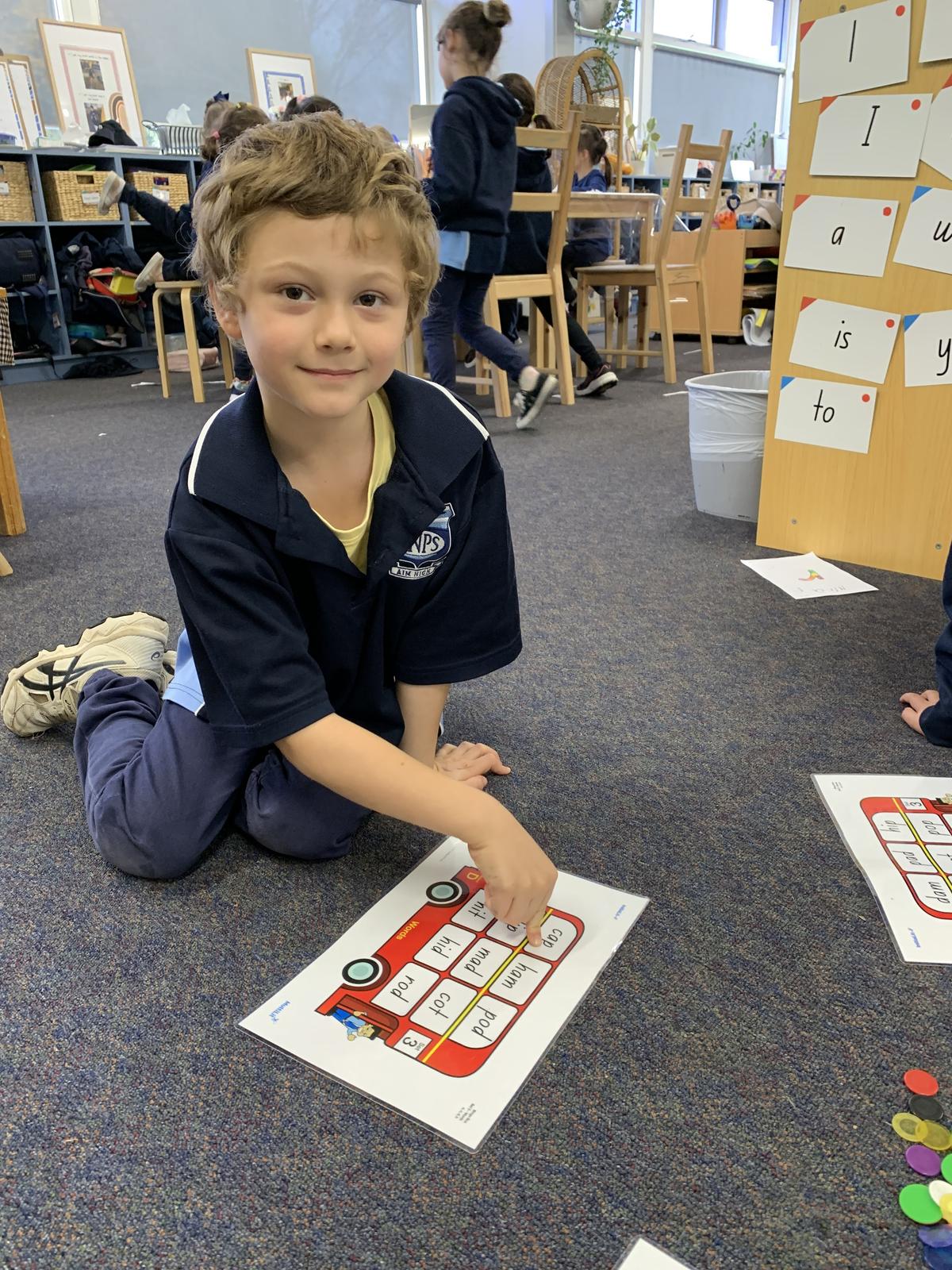
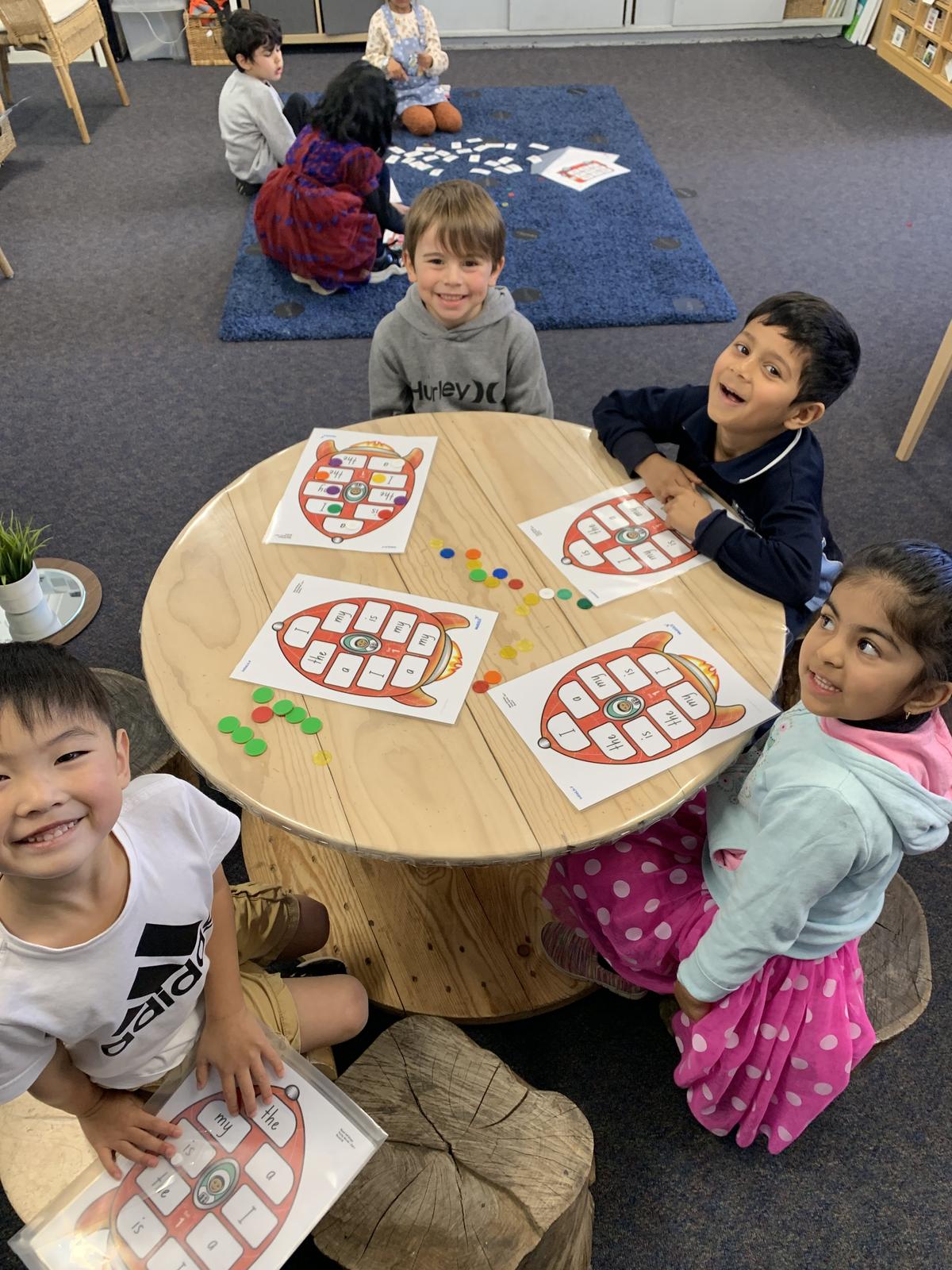
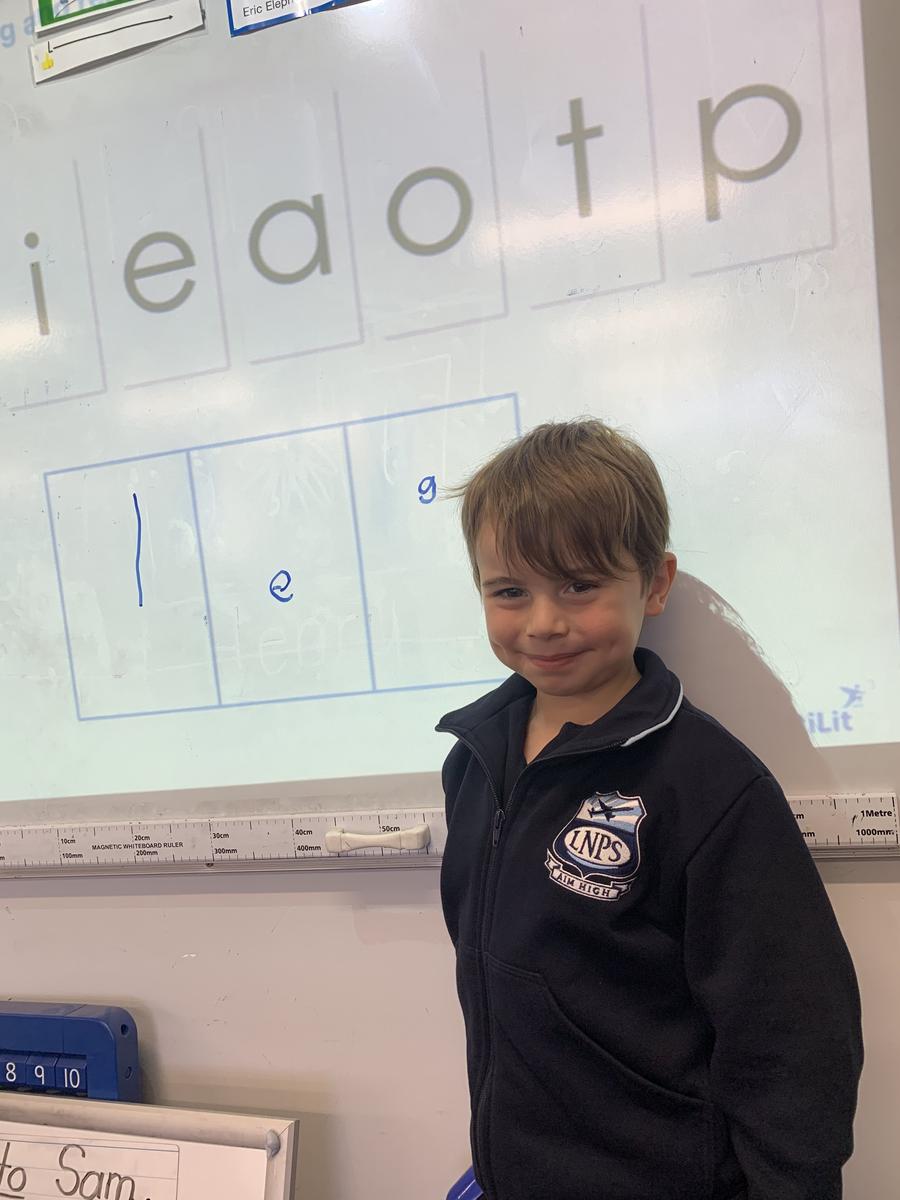




































Please refer to the Reception Connections website for further information to support your child. A 'take home' pack will also be issued on a needs basis, to further consolidate learning. If your child receives a pack, please follow the learning instructions over a three week period before returning to school. The materials should be kept together in your child's book bag for daily practice.
Book Making will continue whereby children tell, draw and then write a text, focusing on sentence structure and using familiar vocabulary. Our books will incorporate topics from other curriculum areas and students will have opportunities to write in different text types. Through explicit and guided writing sessions during term 3 we will focus on procedural texts and information report writing. During term 4 our focus shifts to writing an exposition text and introducing narrative writing.
We continue to read many different text types and genres during shared stories, exposing students to structures of narratives through ‘read aloud,’ role play, story tables and story boards. Teachers ‘think aloud’ to students; modelling how good readers use expression when reading and discuss the comprehension strategies readers use to understand what they have read. Teachers question and provide time for discussion, encouraging students to ‘notice’ and ‘wonder’ to ensure they understand that reading is an active process. Non-Fiction texts are also modelled and linked in with HASS to ensure our reading programs are comprehensive and balanced and that children understand that ‘we read different text differently’. It is vital that students read for enjoyment and we love sharing stories, the wonderings, extending and getting lost in our imagining and the fun we can create during story and reading time.
Students are provided with many opportunities throughout the day to practice their oral language skills. From partner talk, small group and whole class discussions, to practising the correct pronunciation of sounds and words. Reception classes are constantly using their oral language skills to talk about and share their learning and understandings. We will continue to further develop student’s bank of vocabulary through word investigations, word walls and our inquiries.
